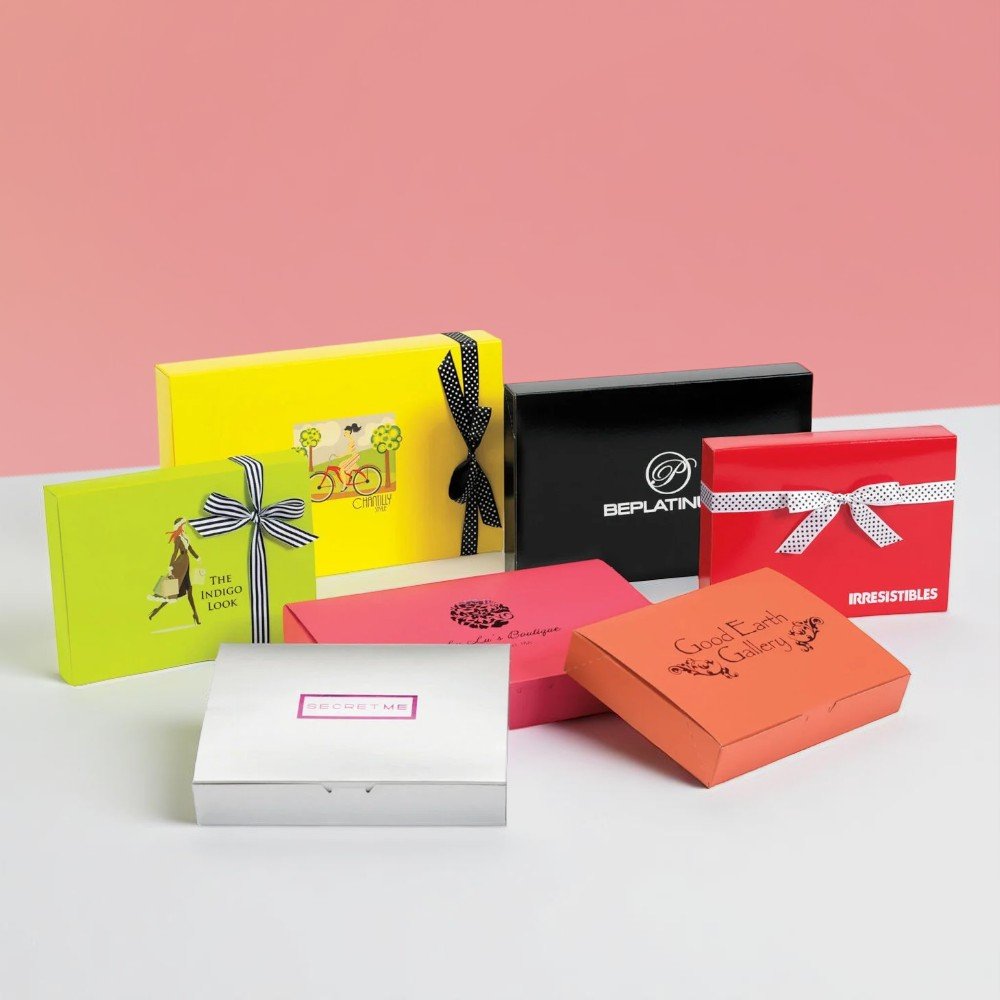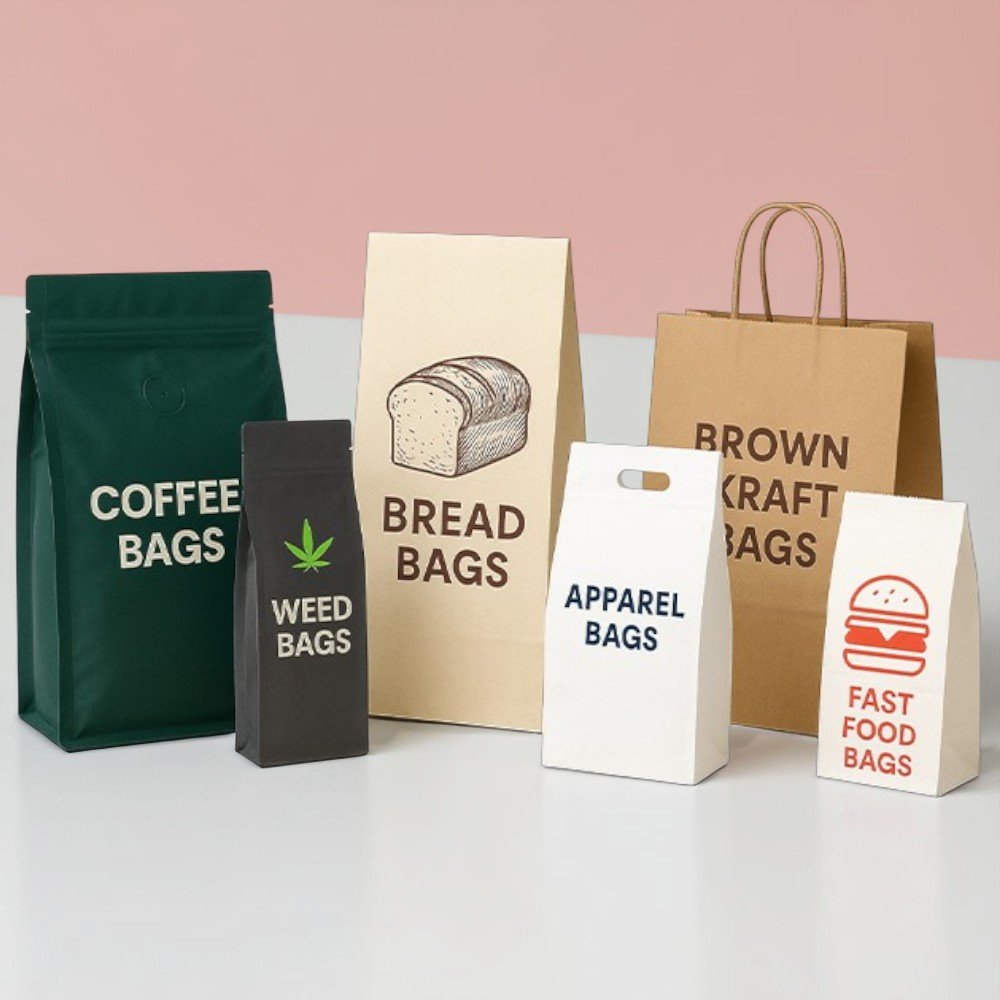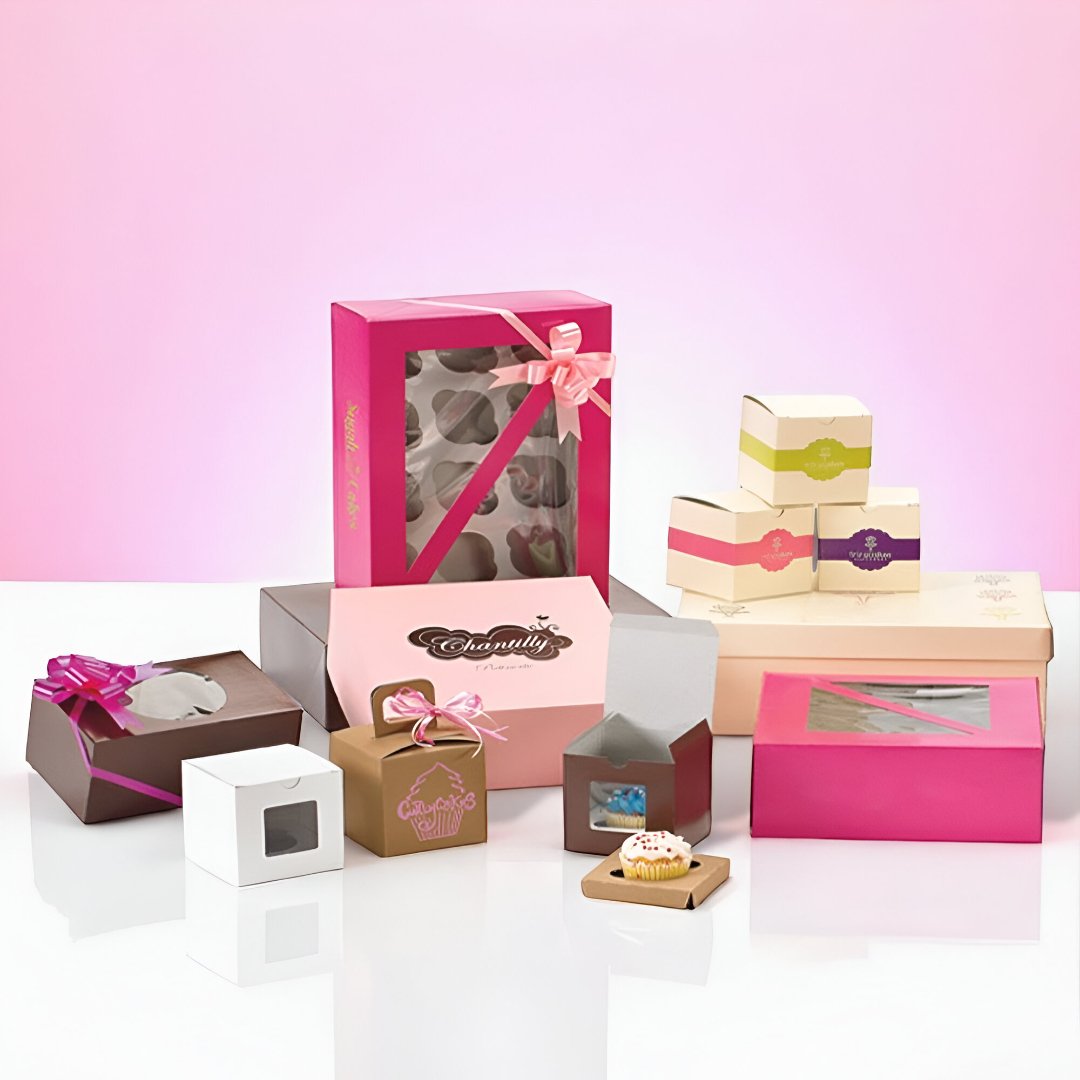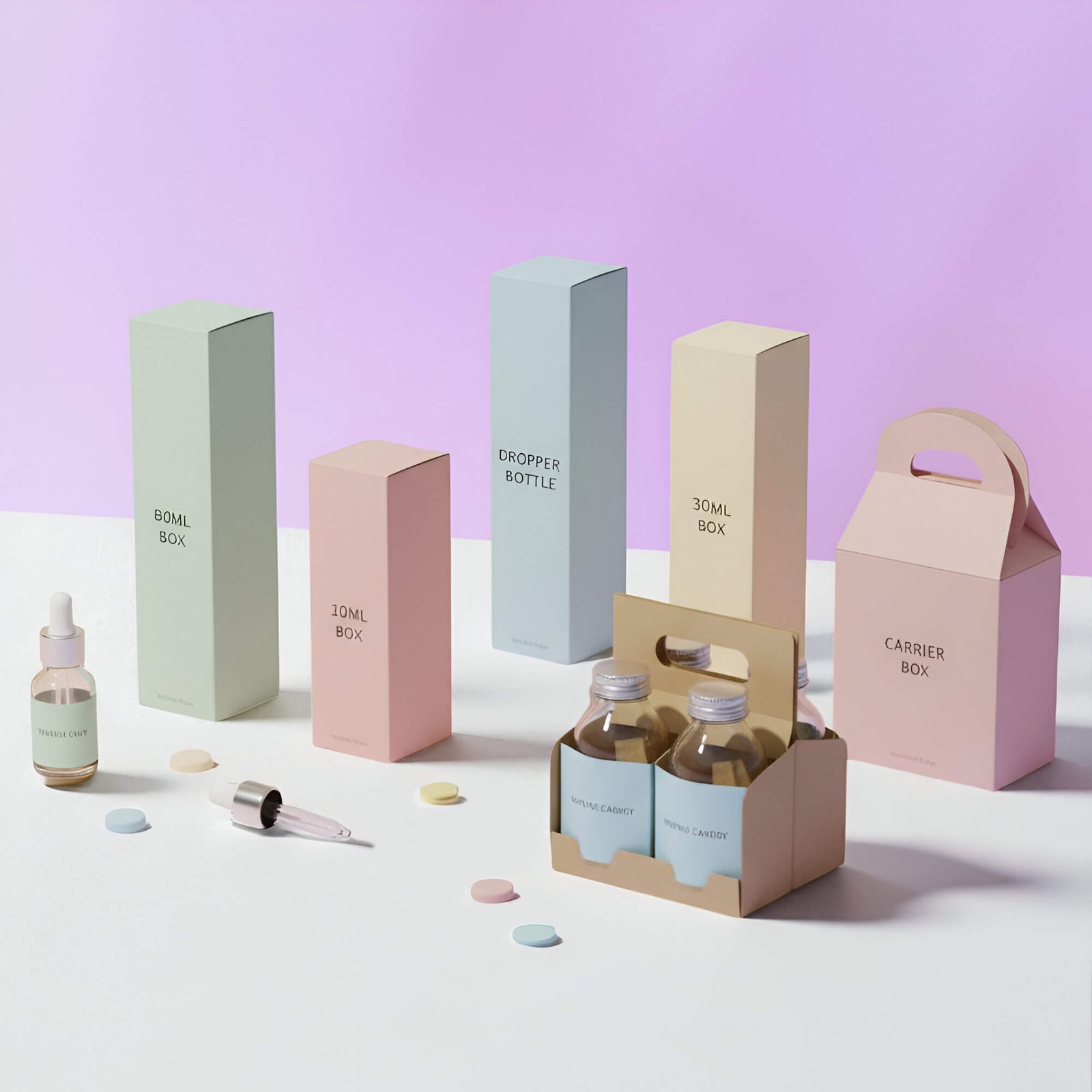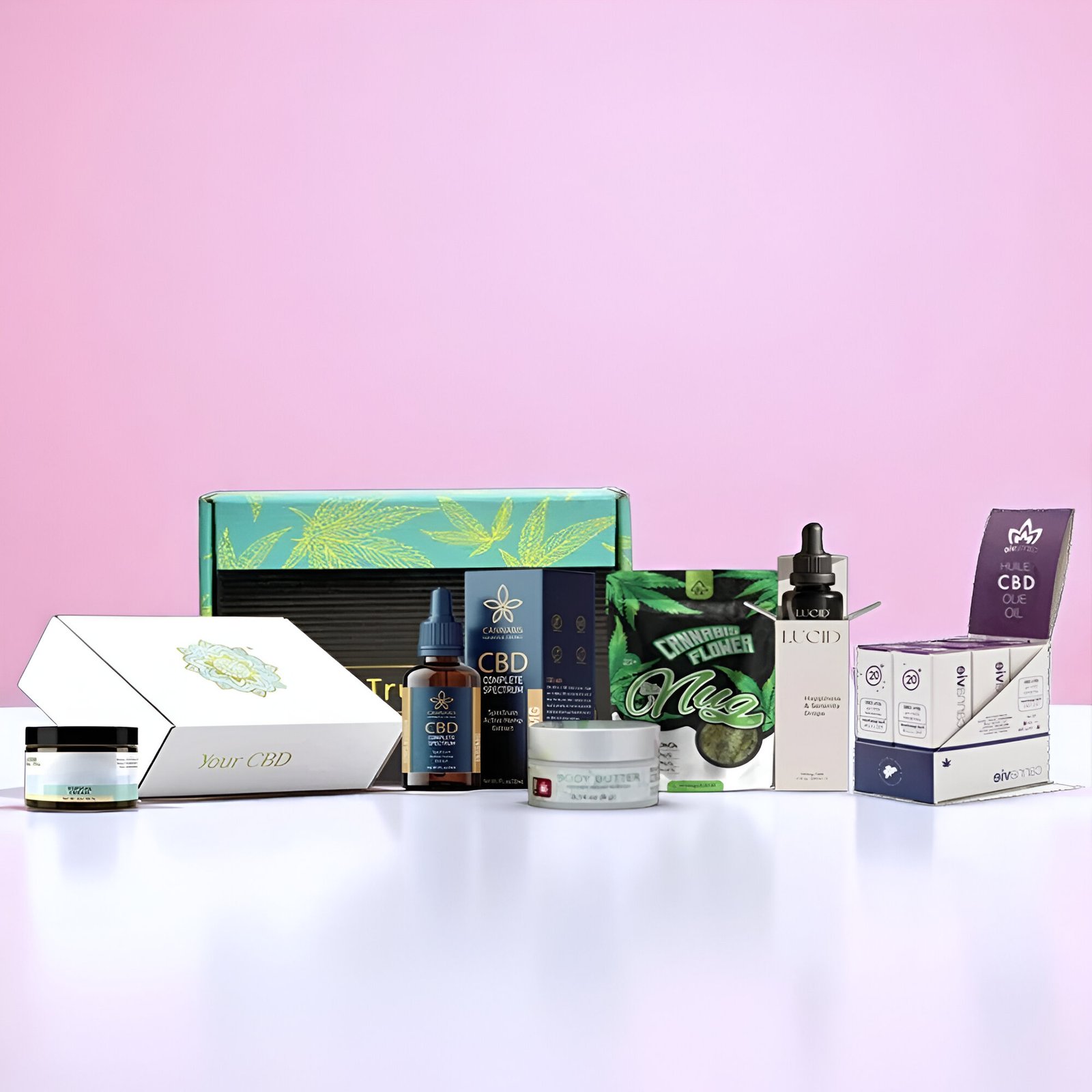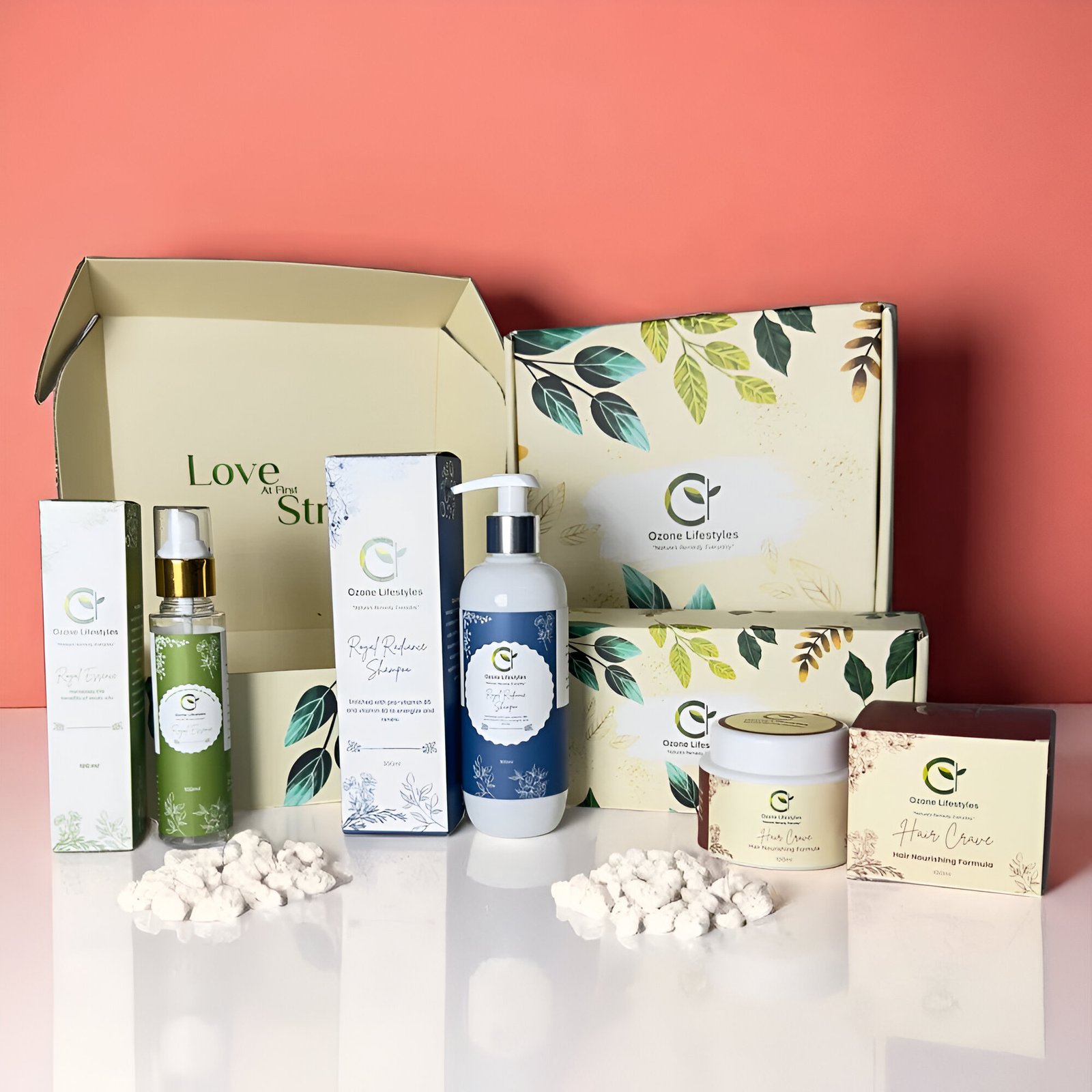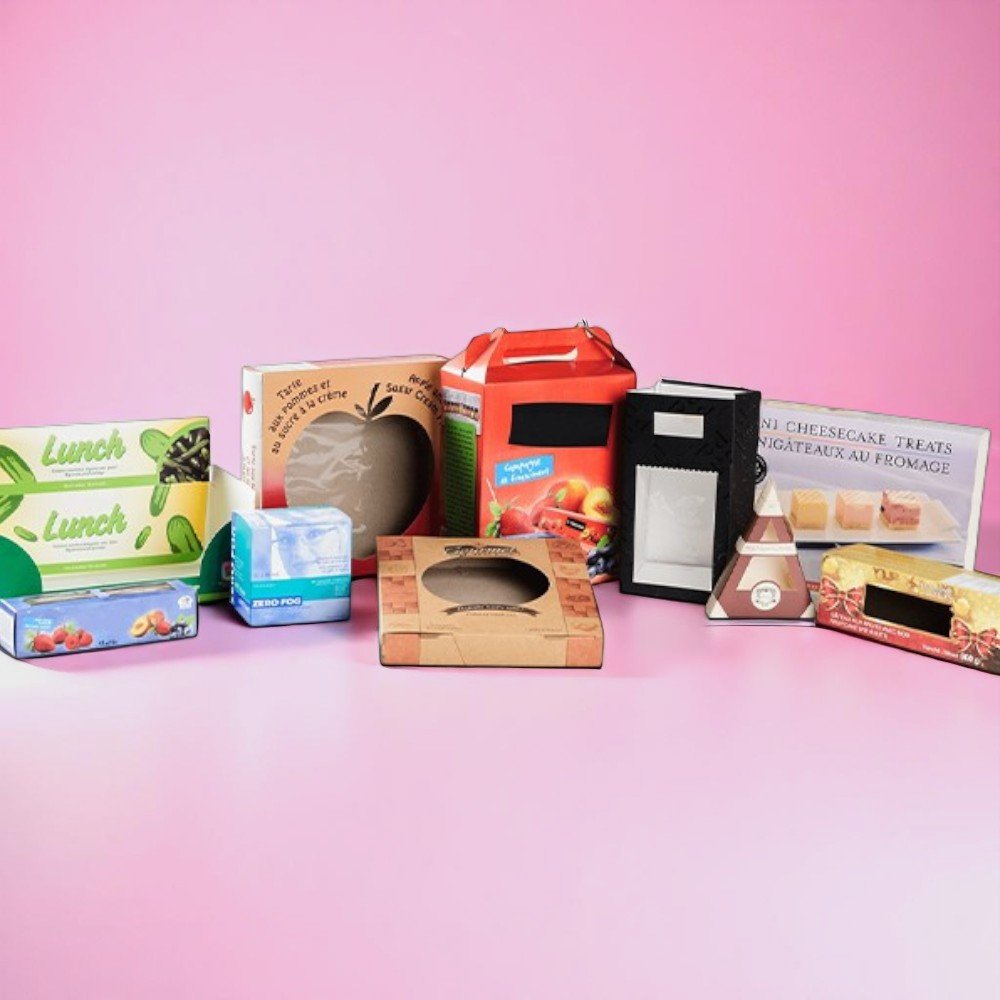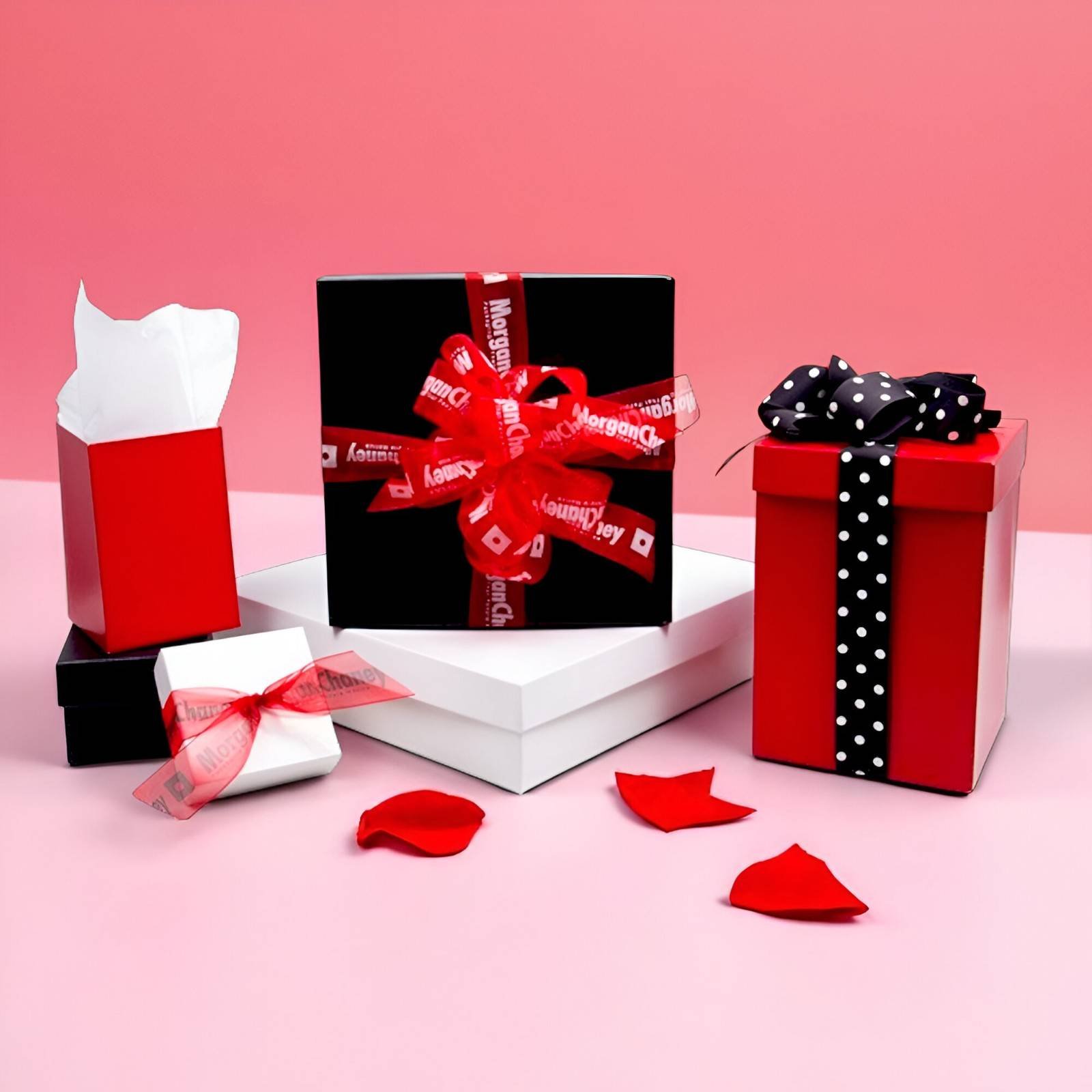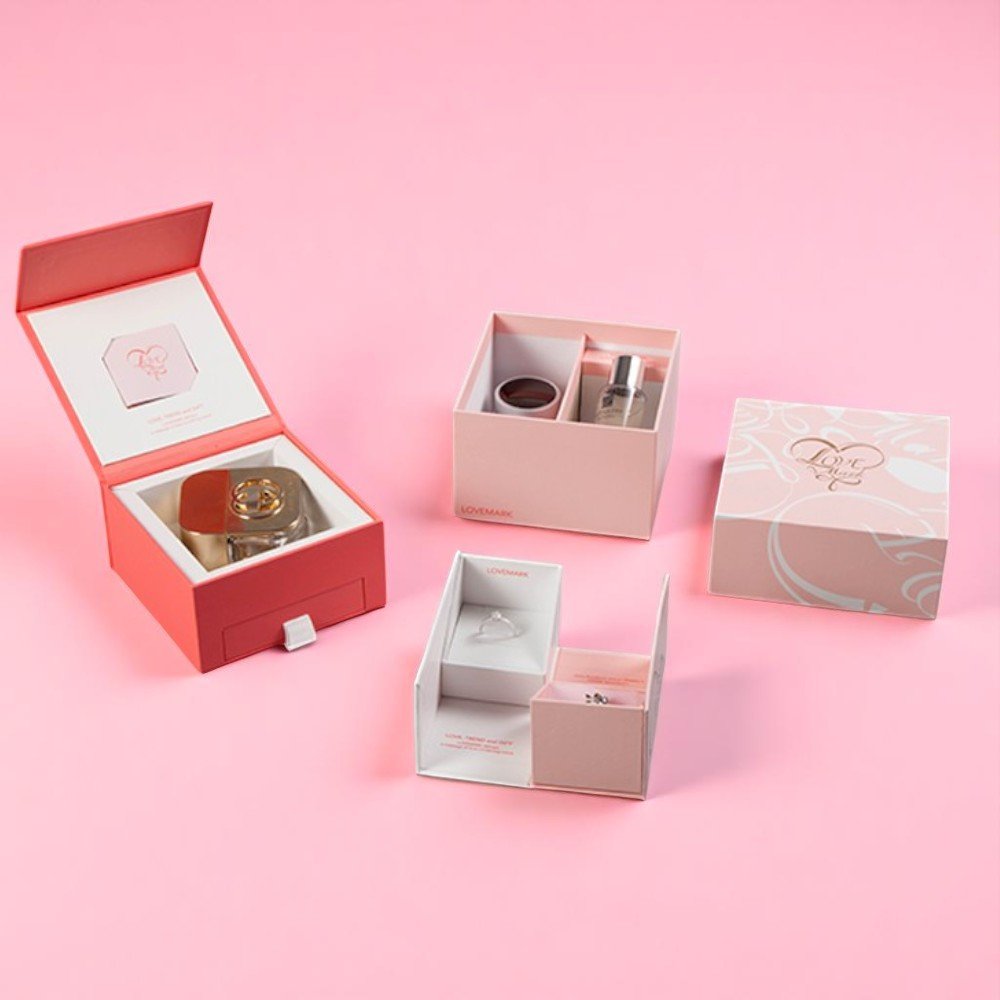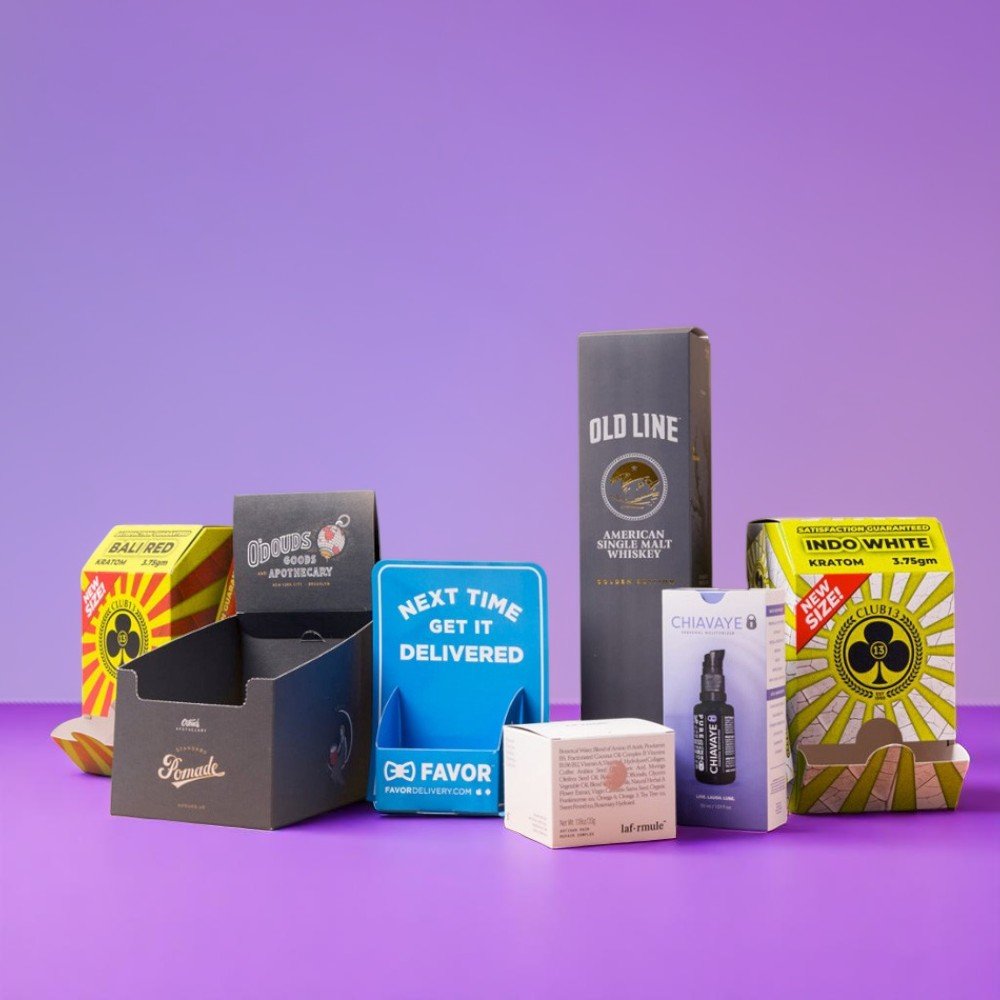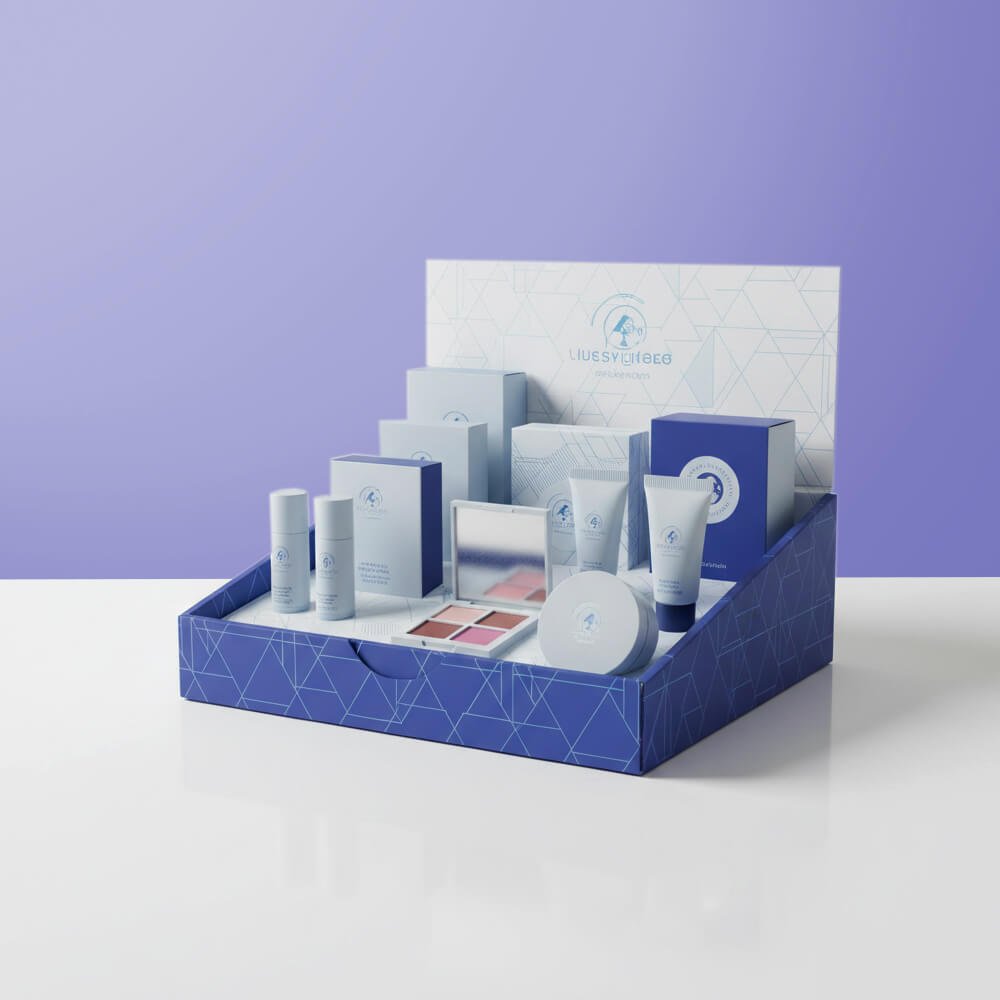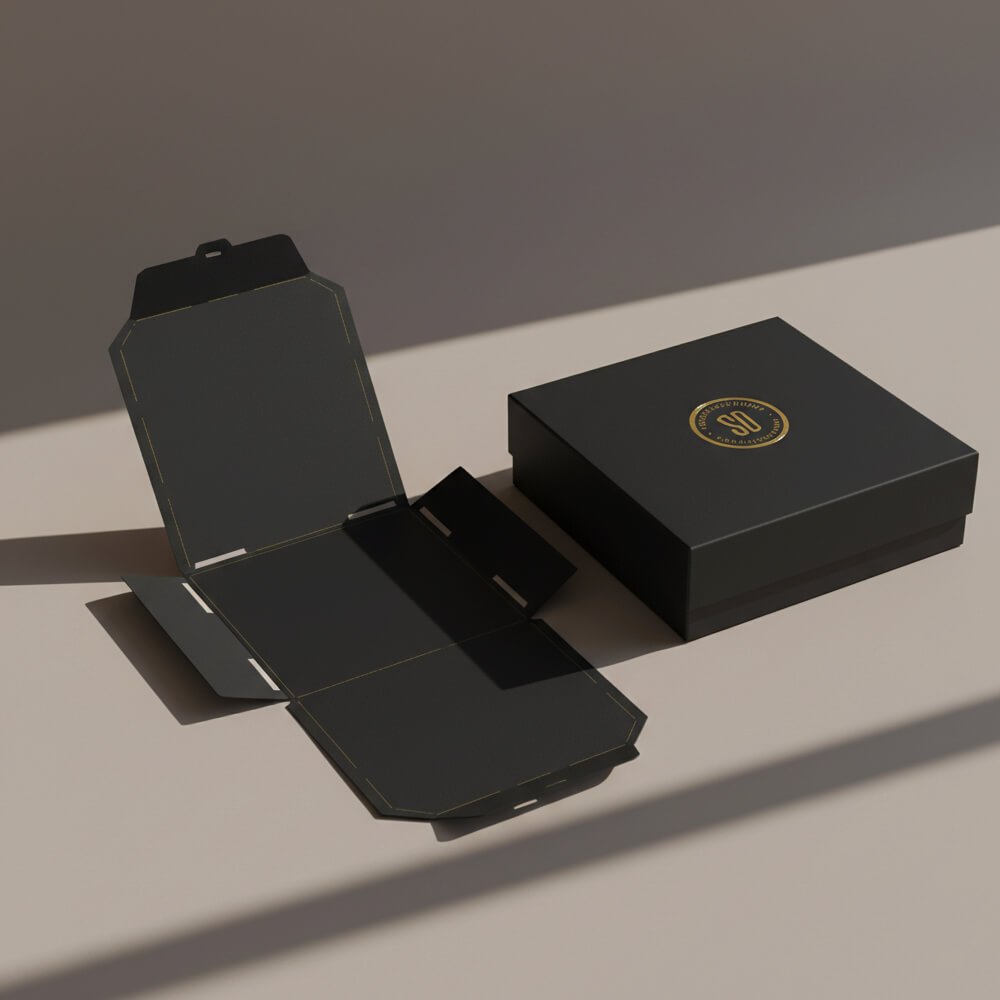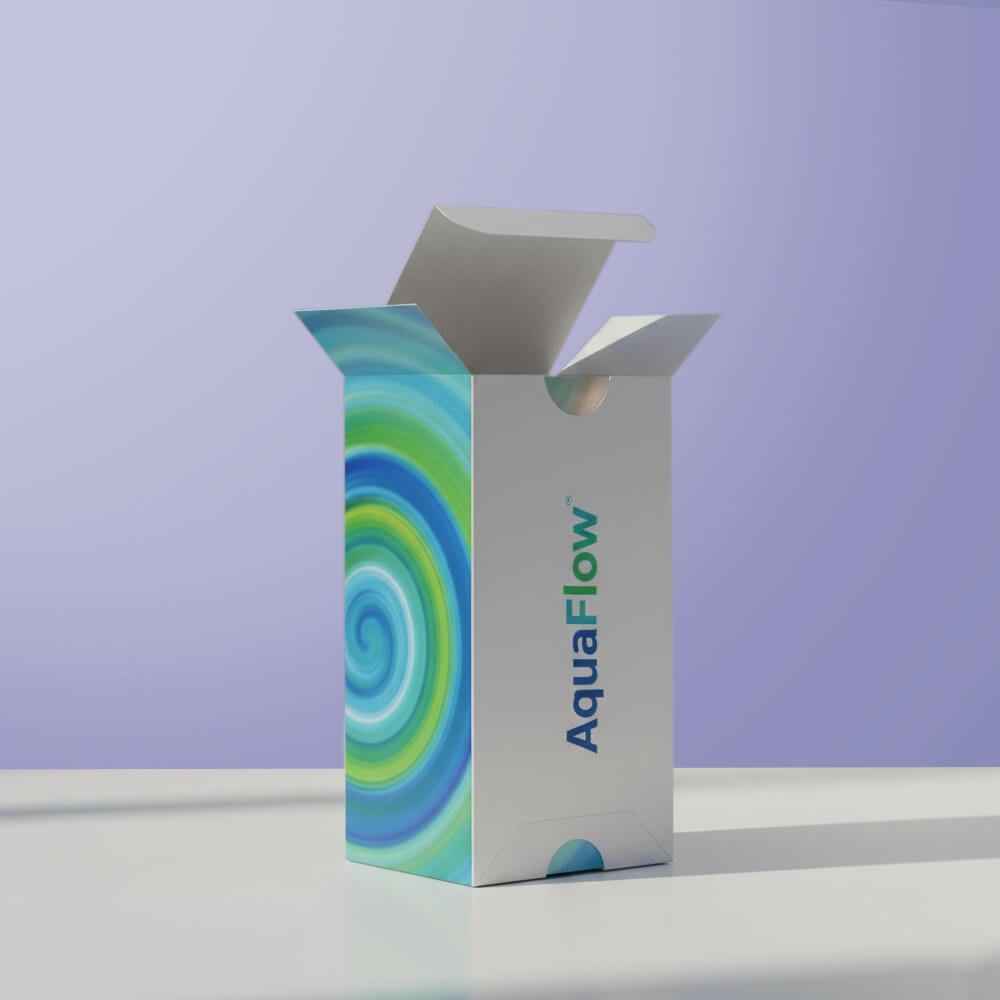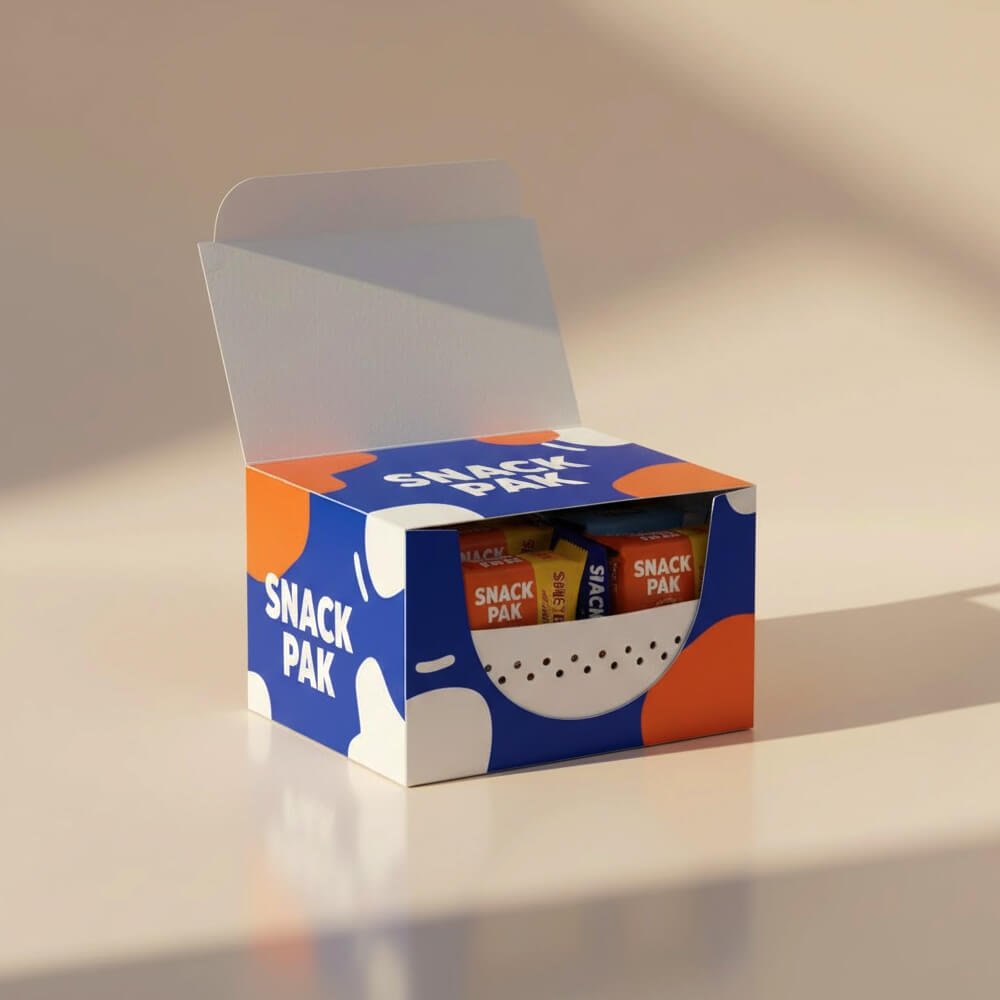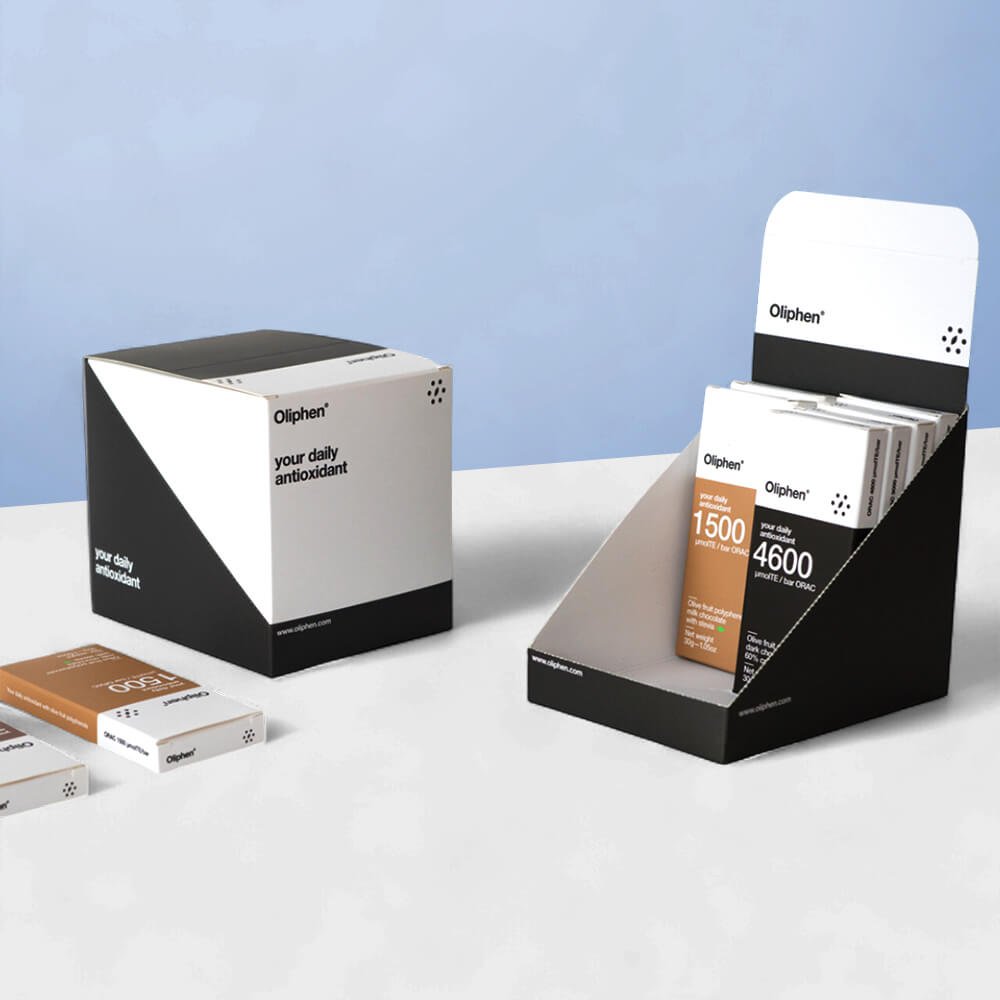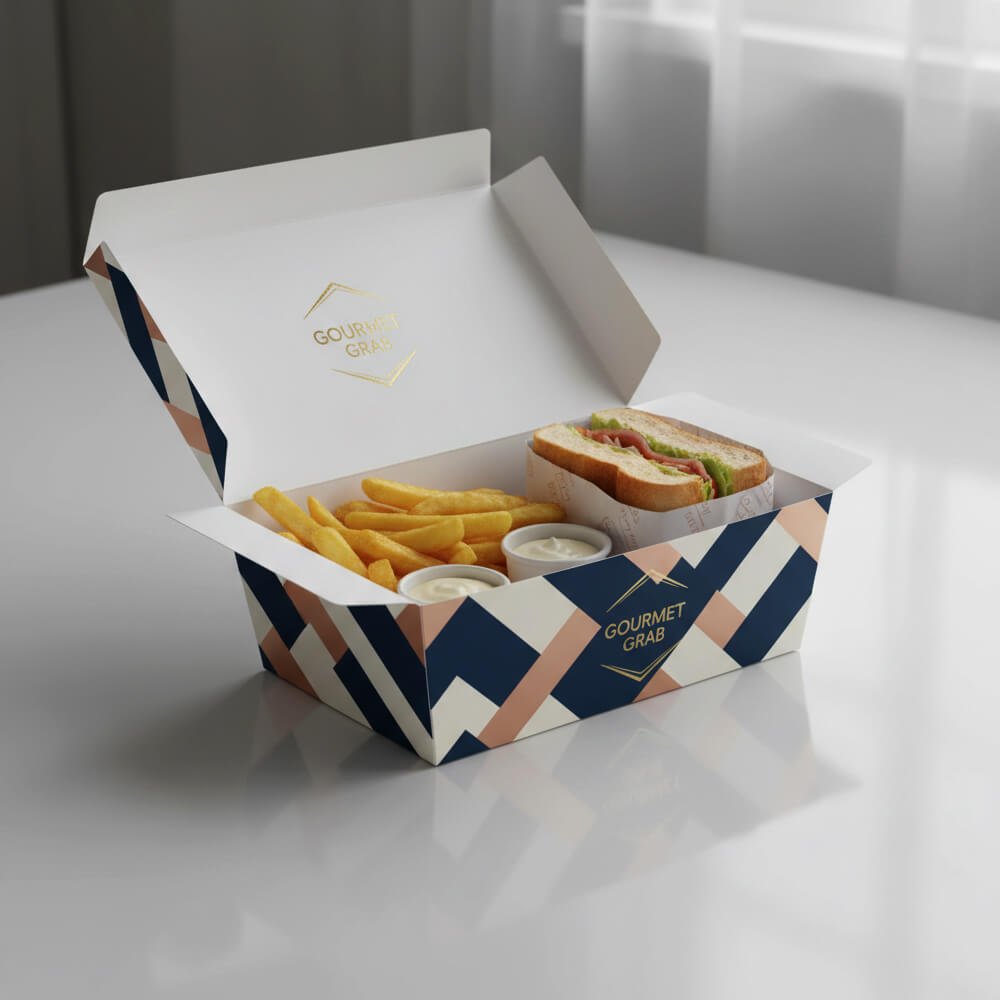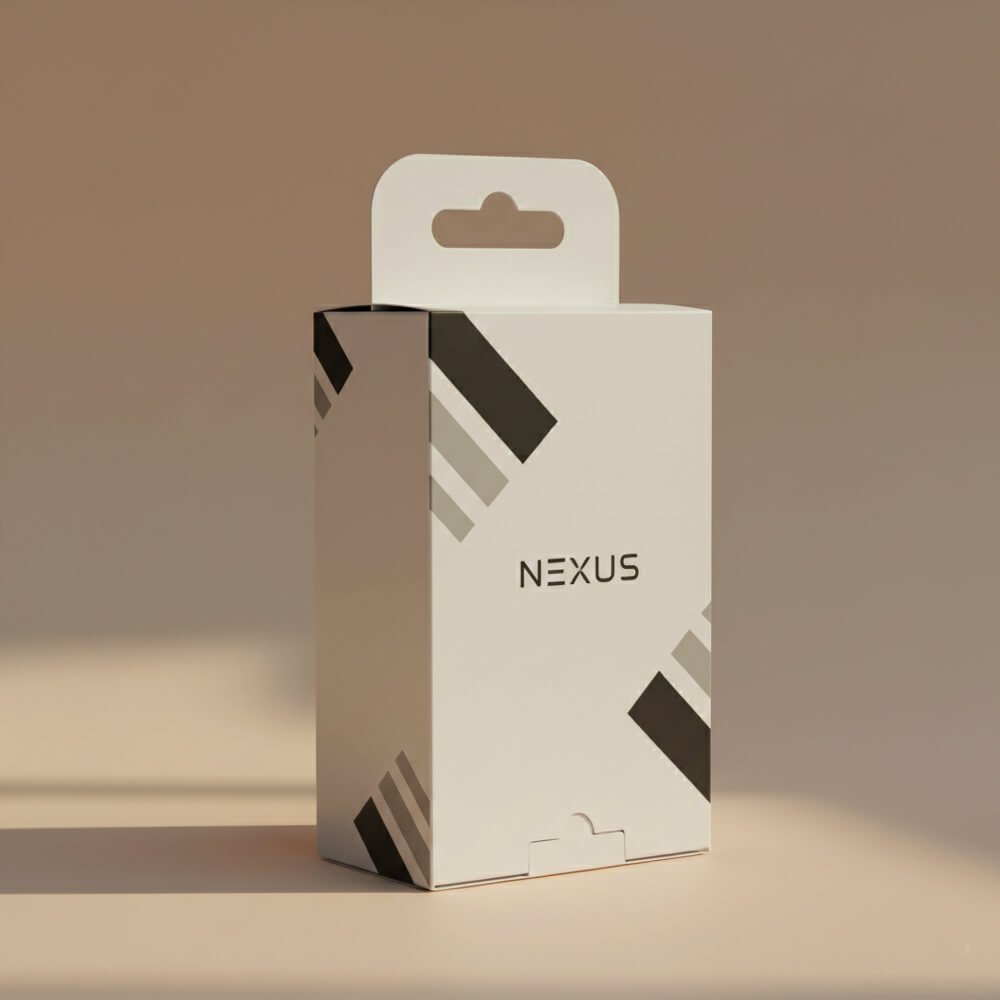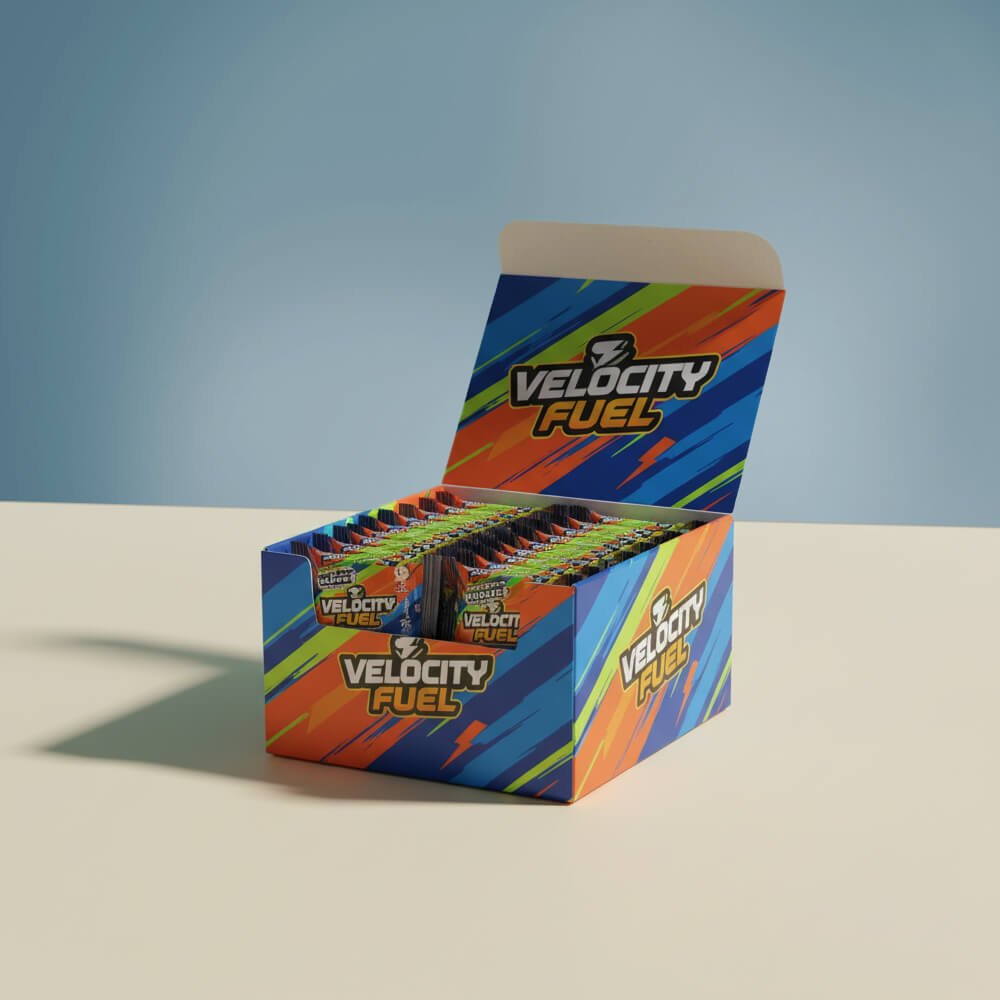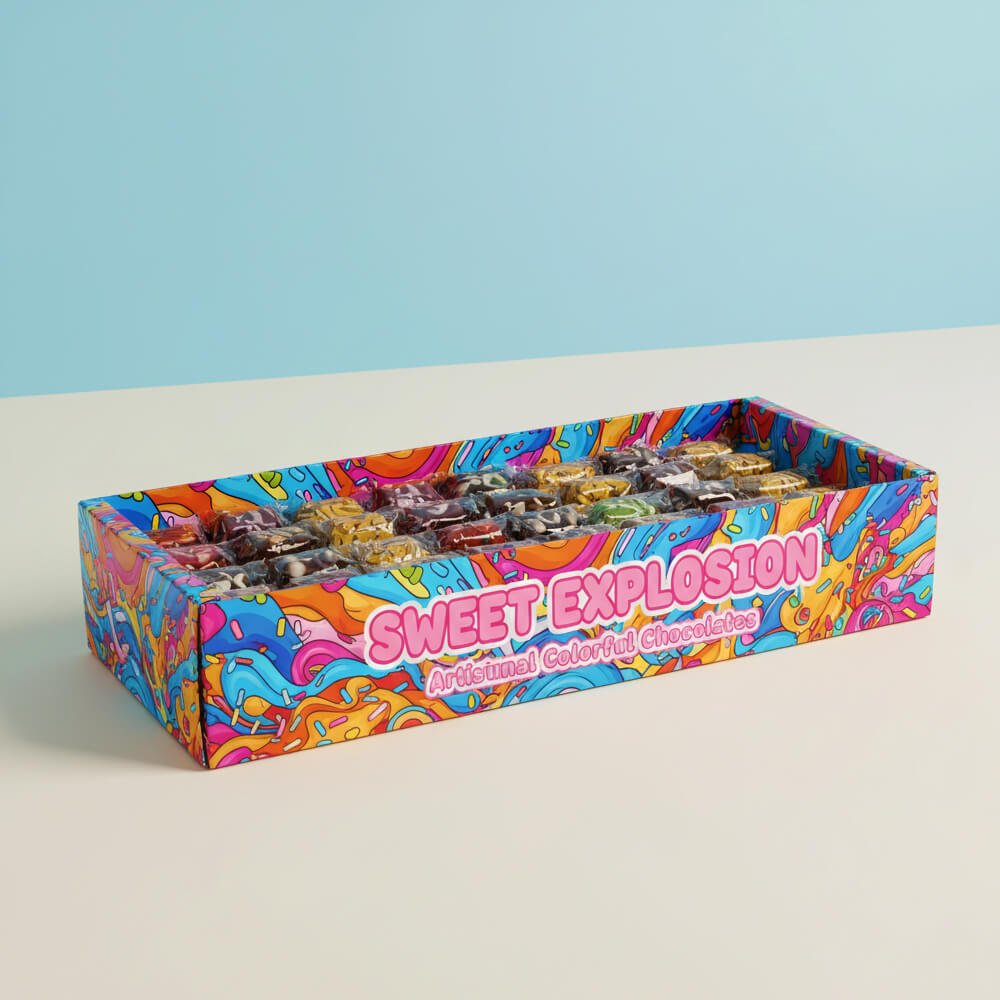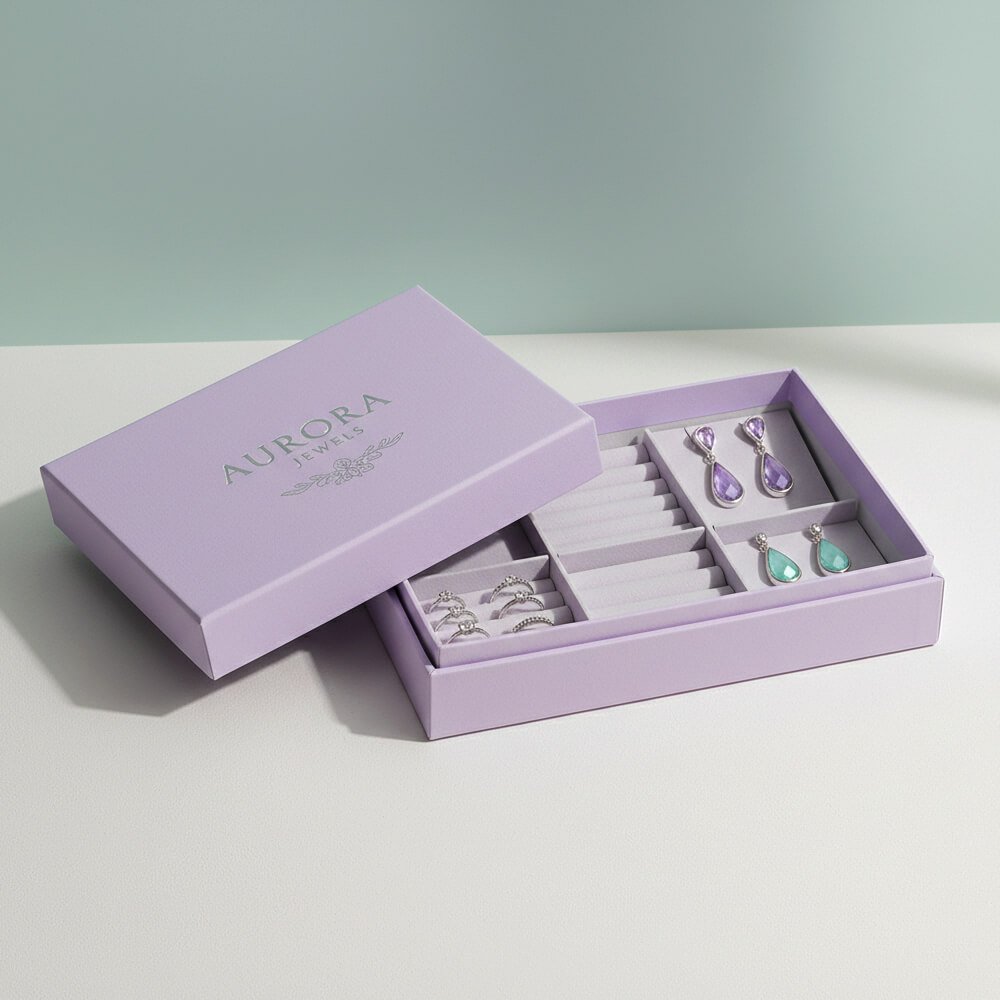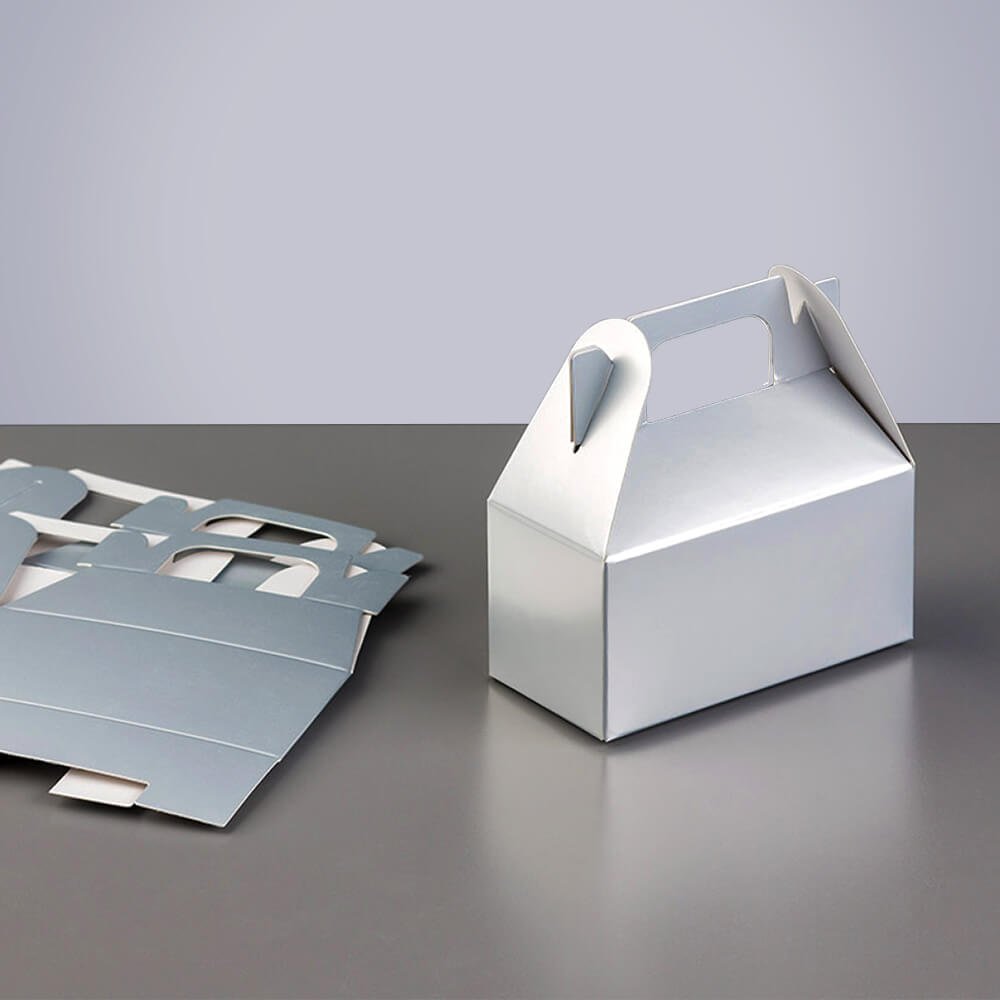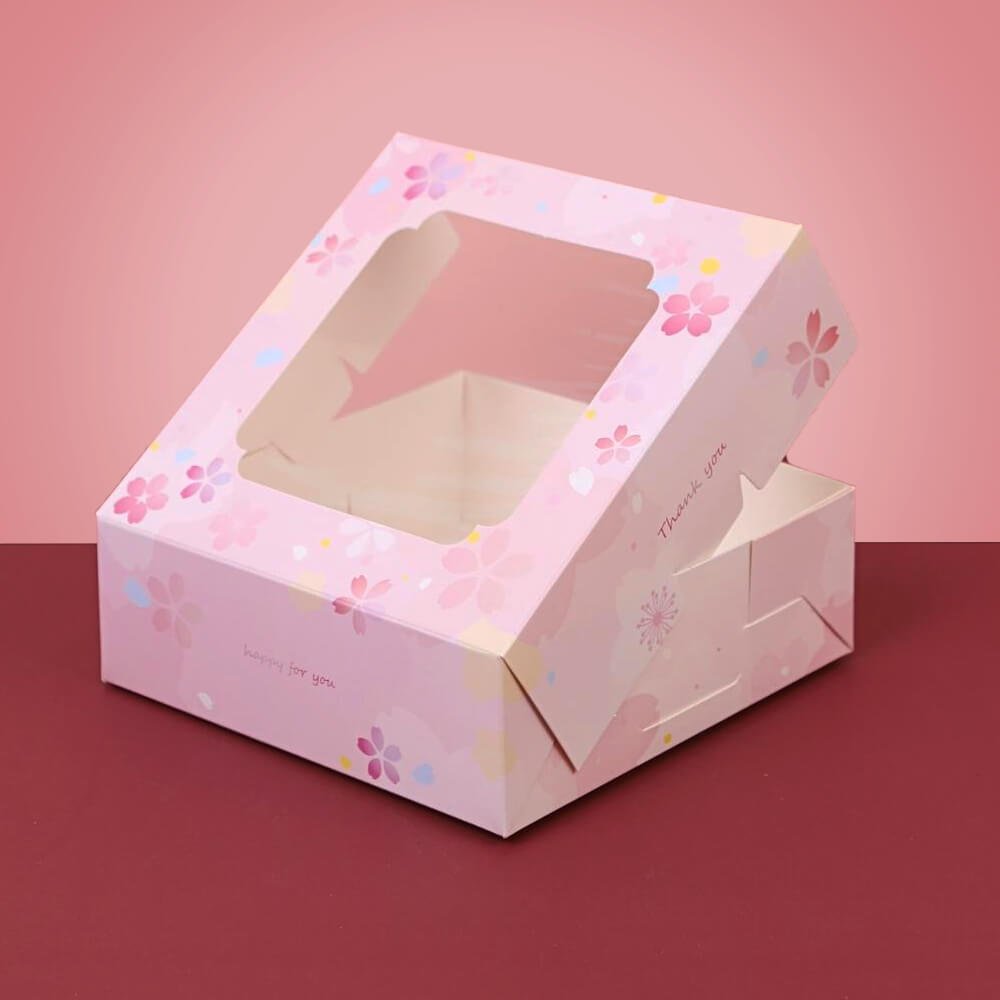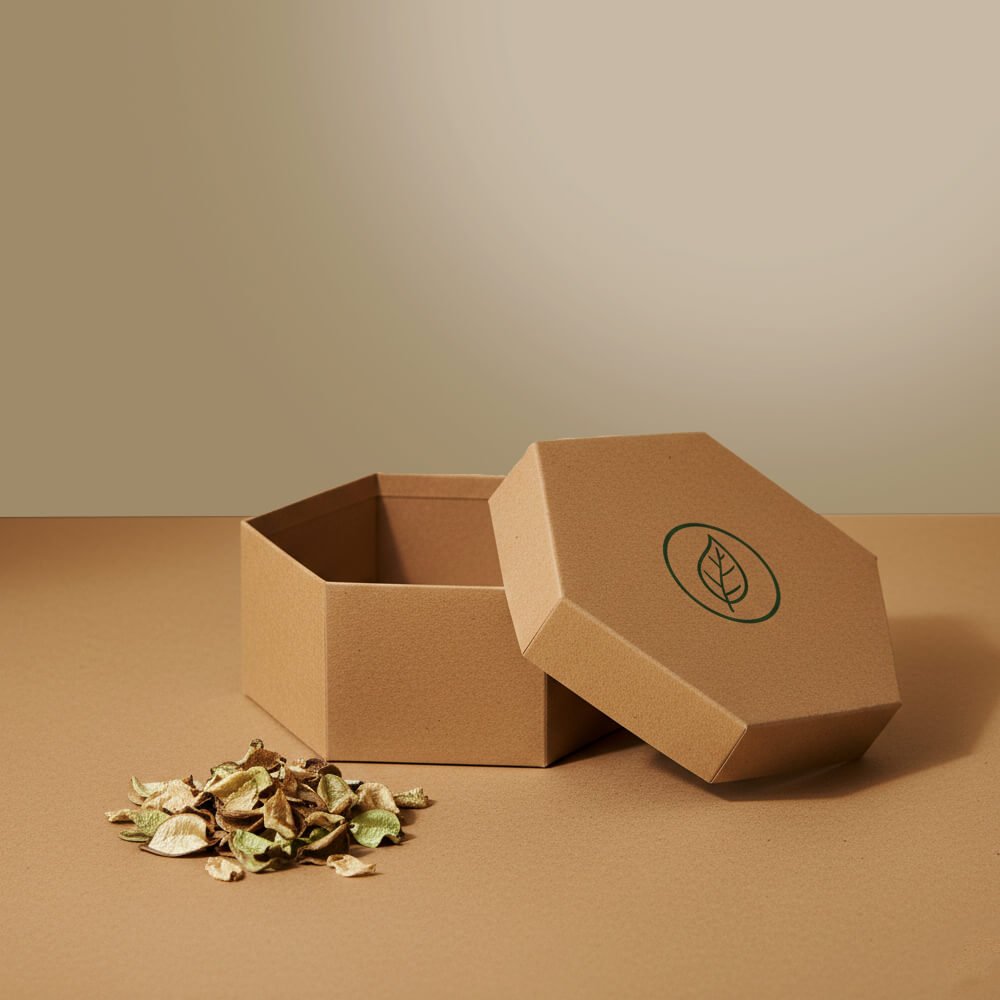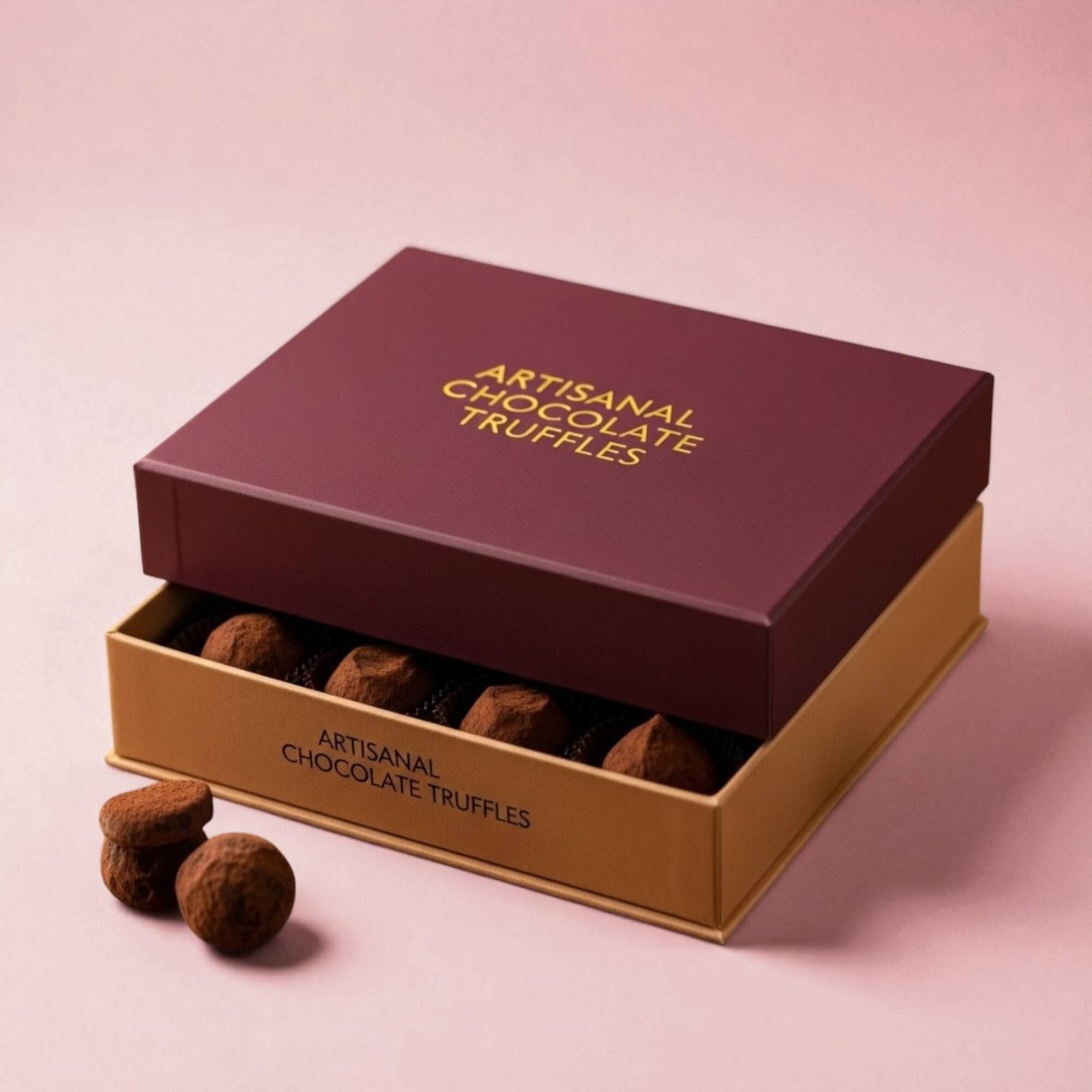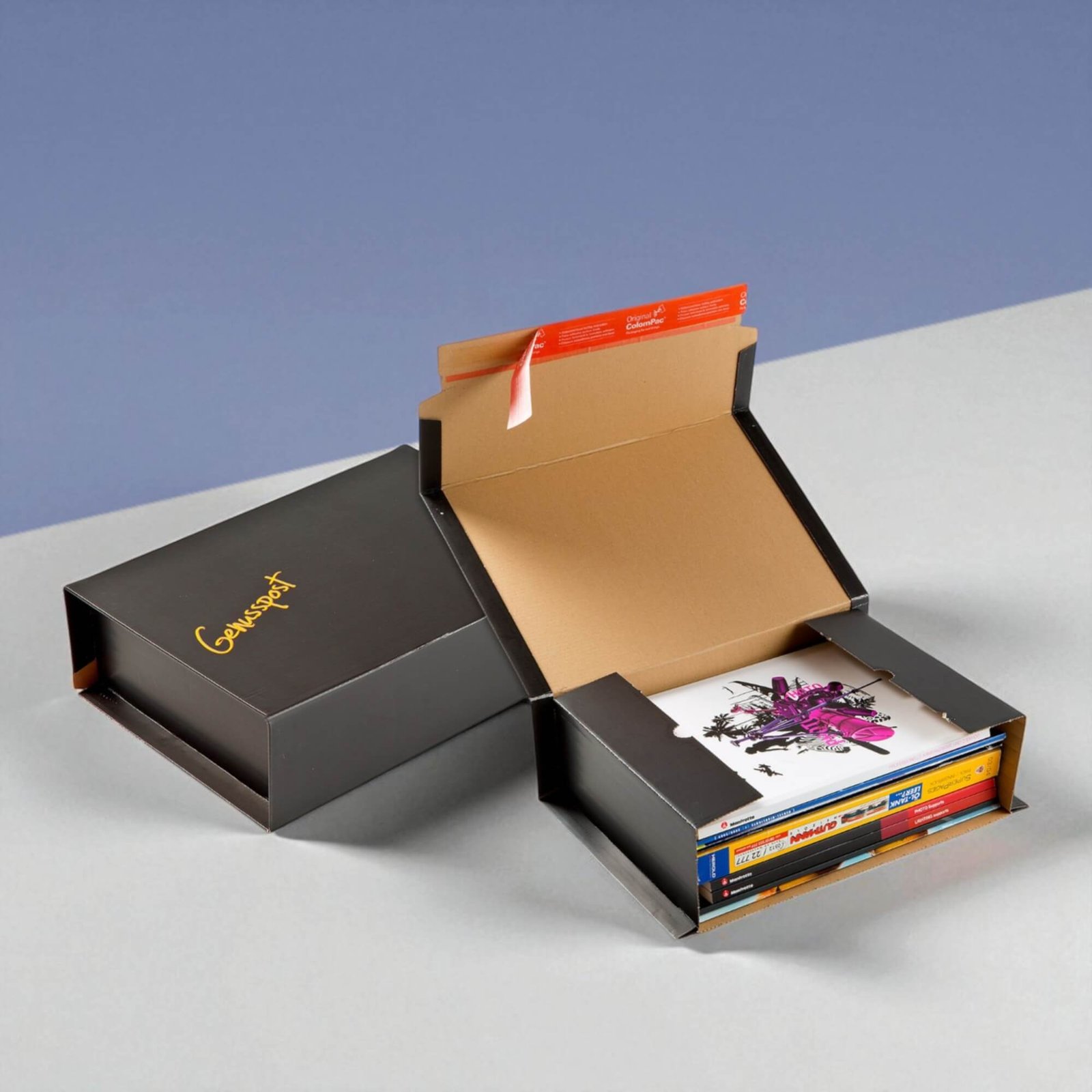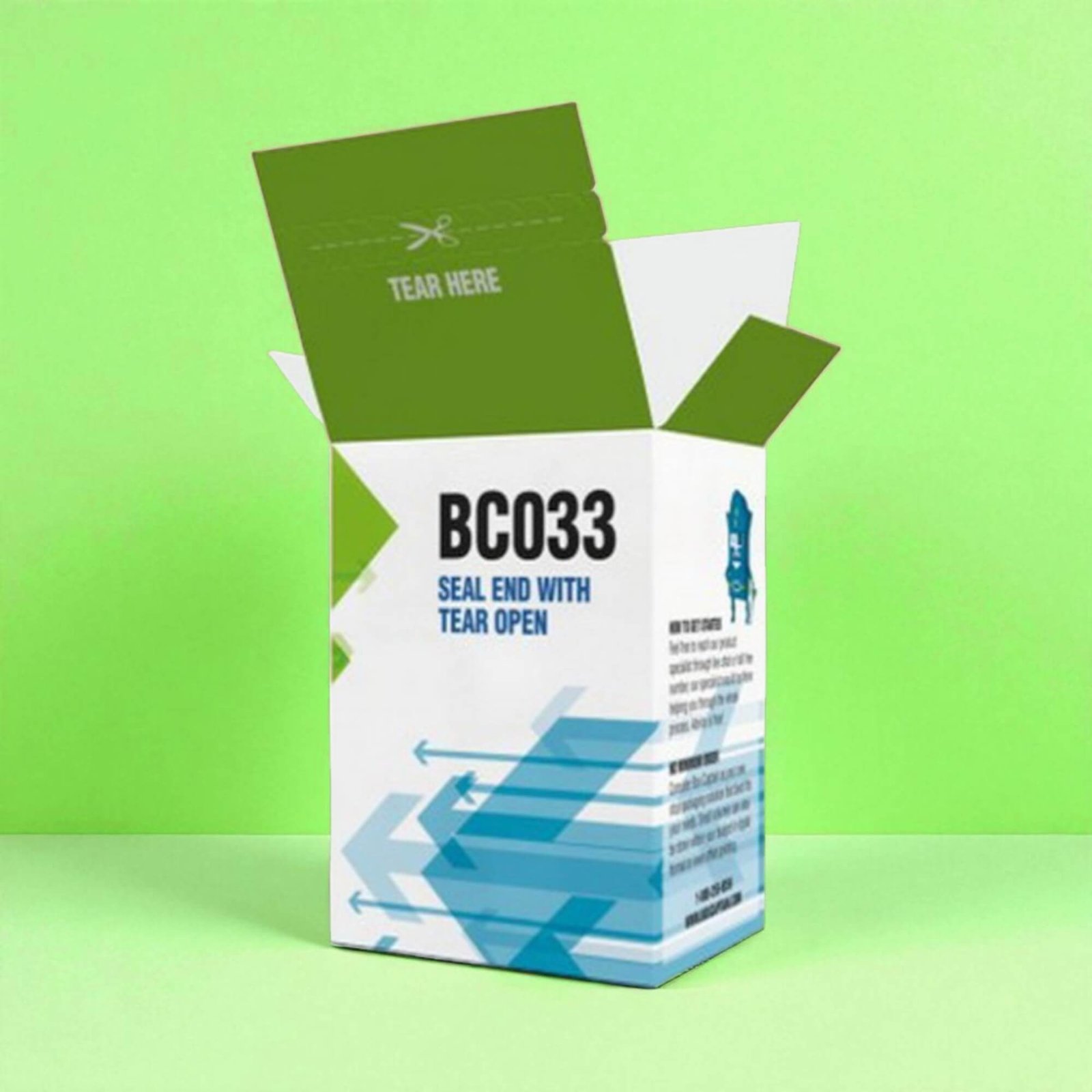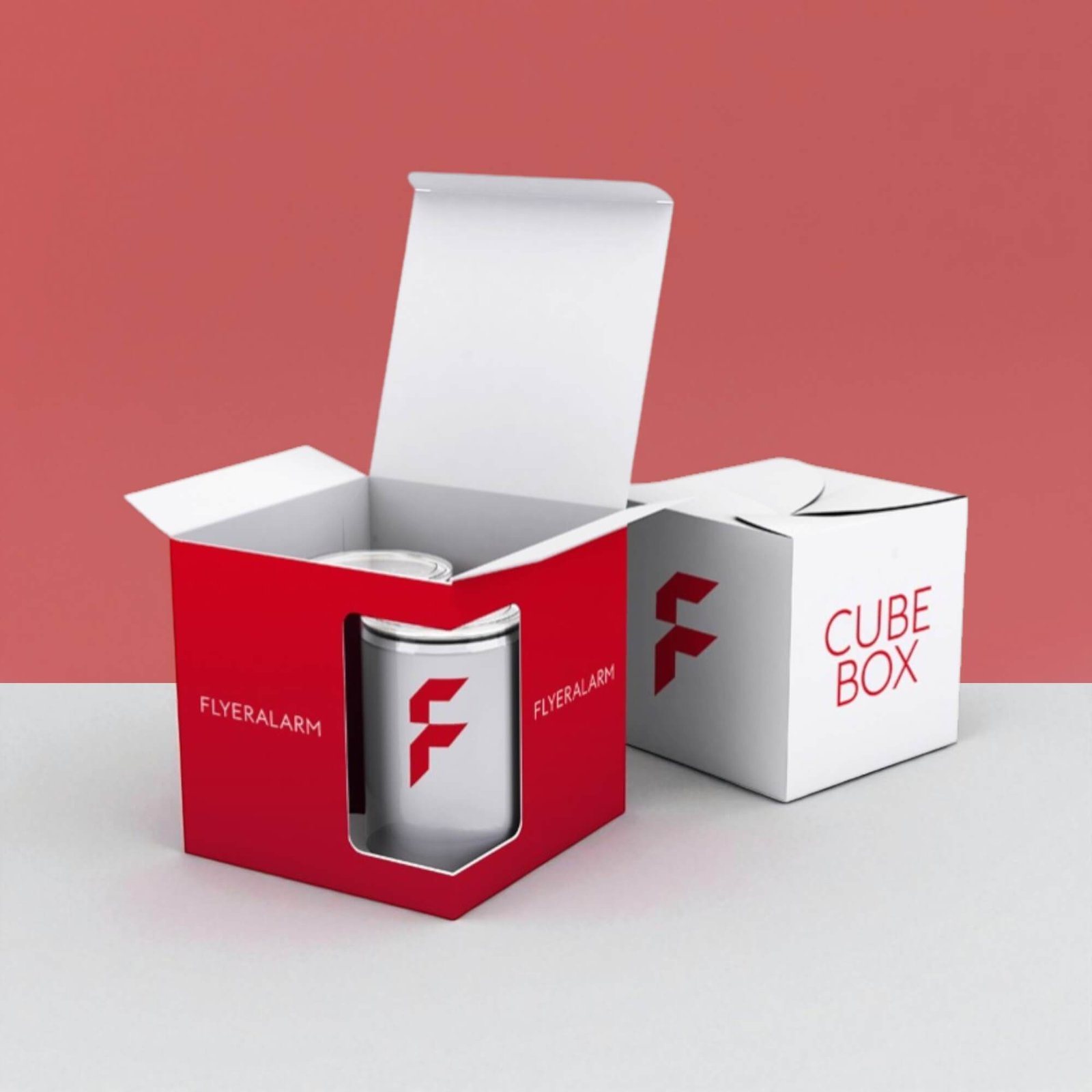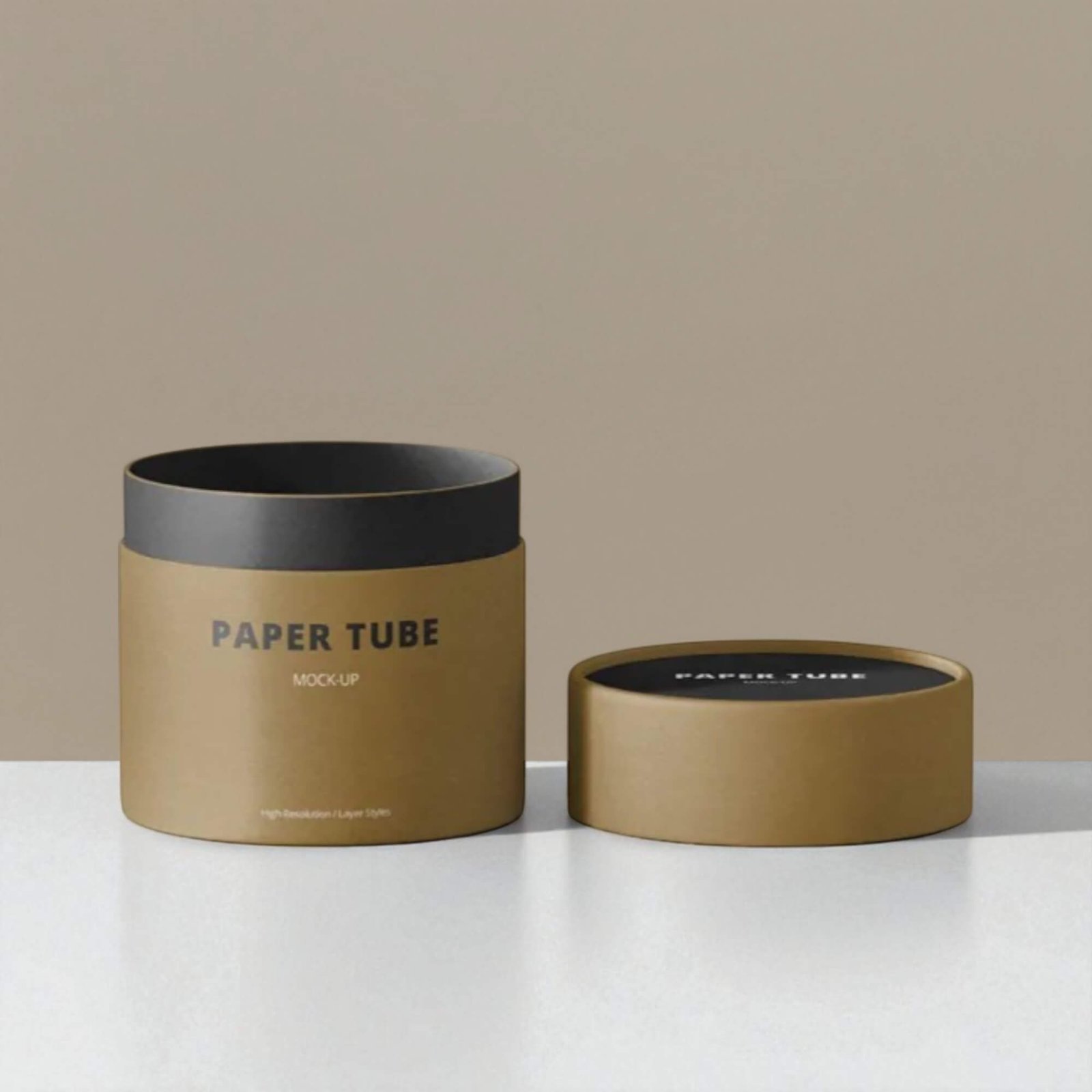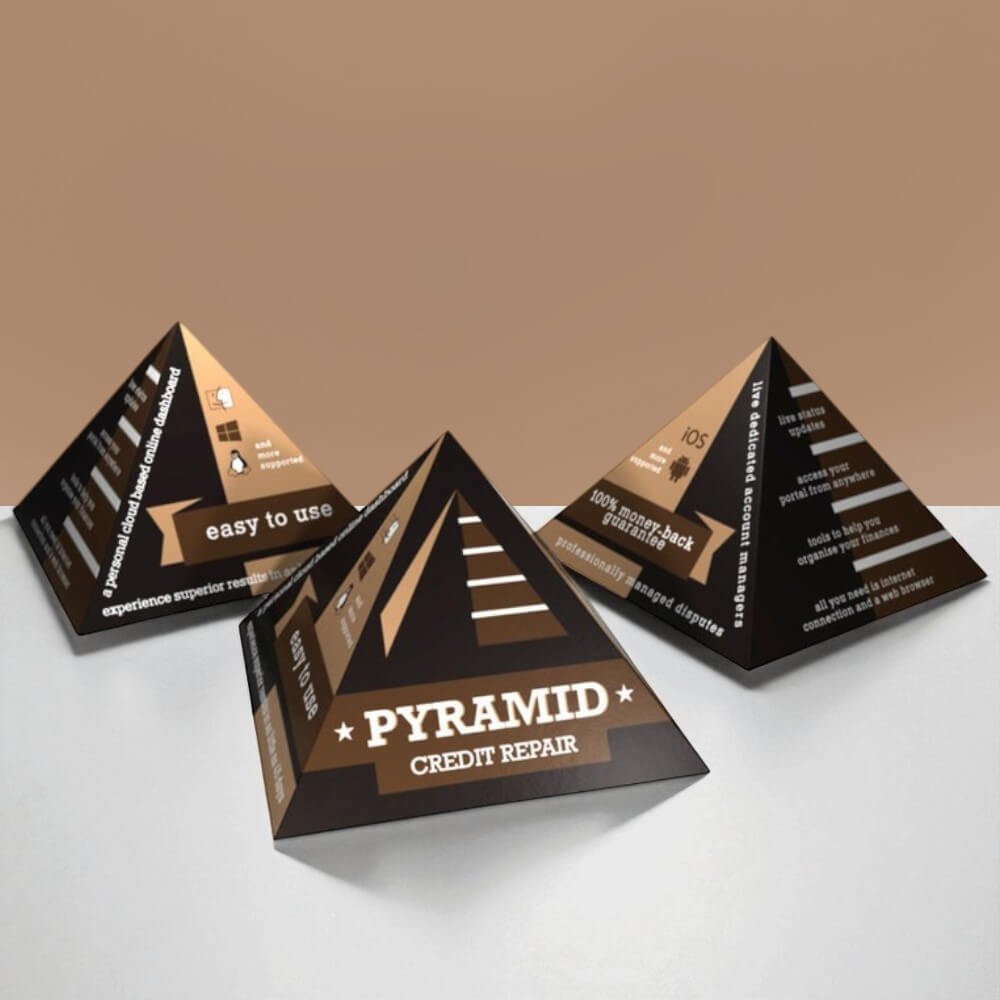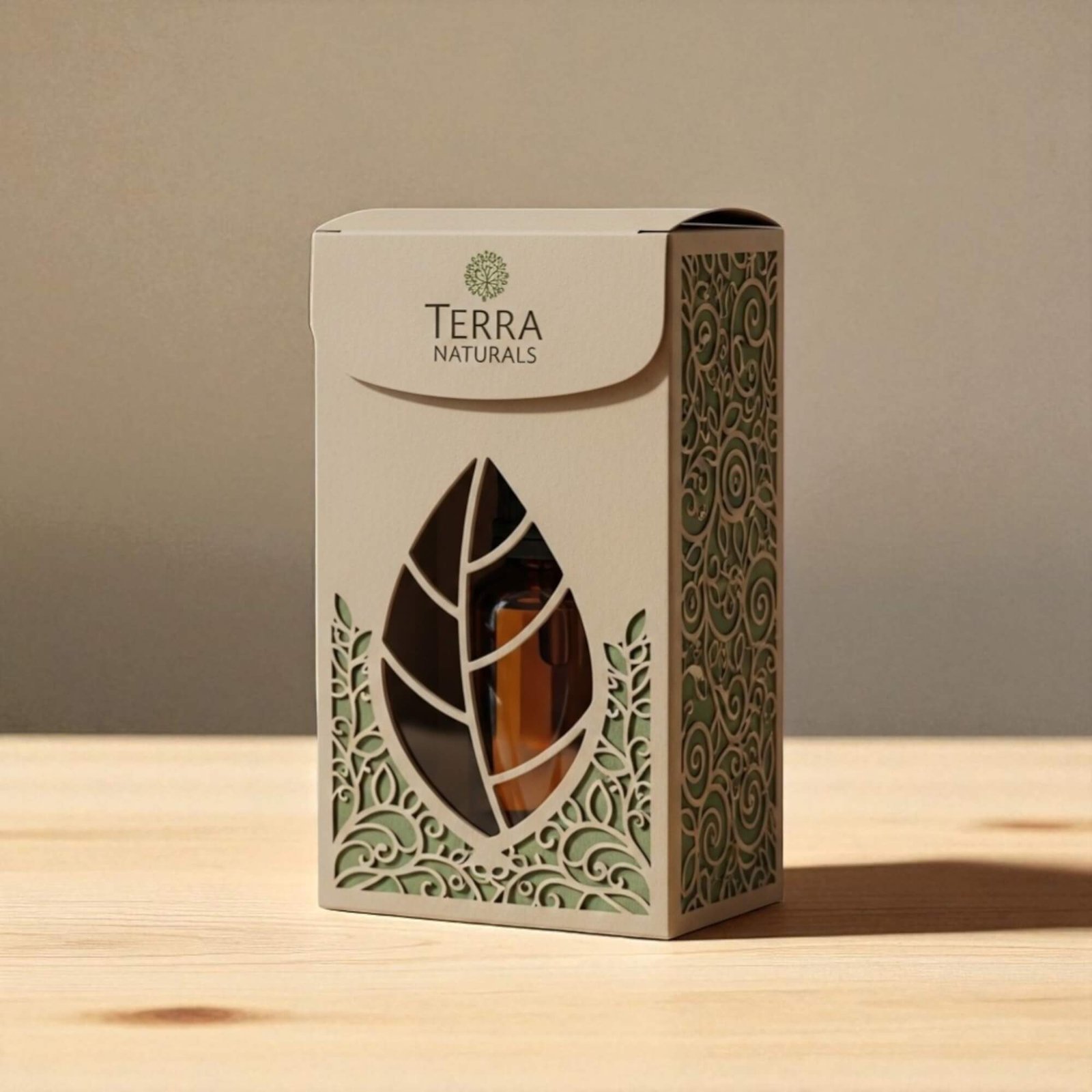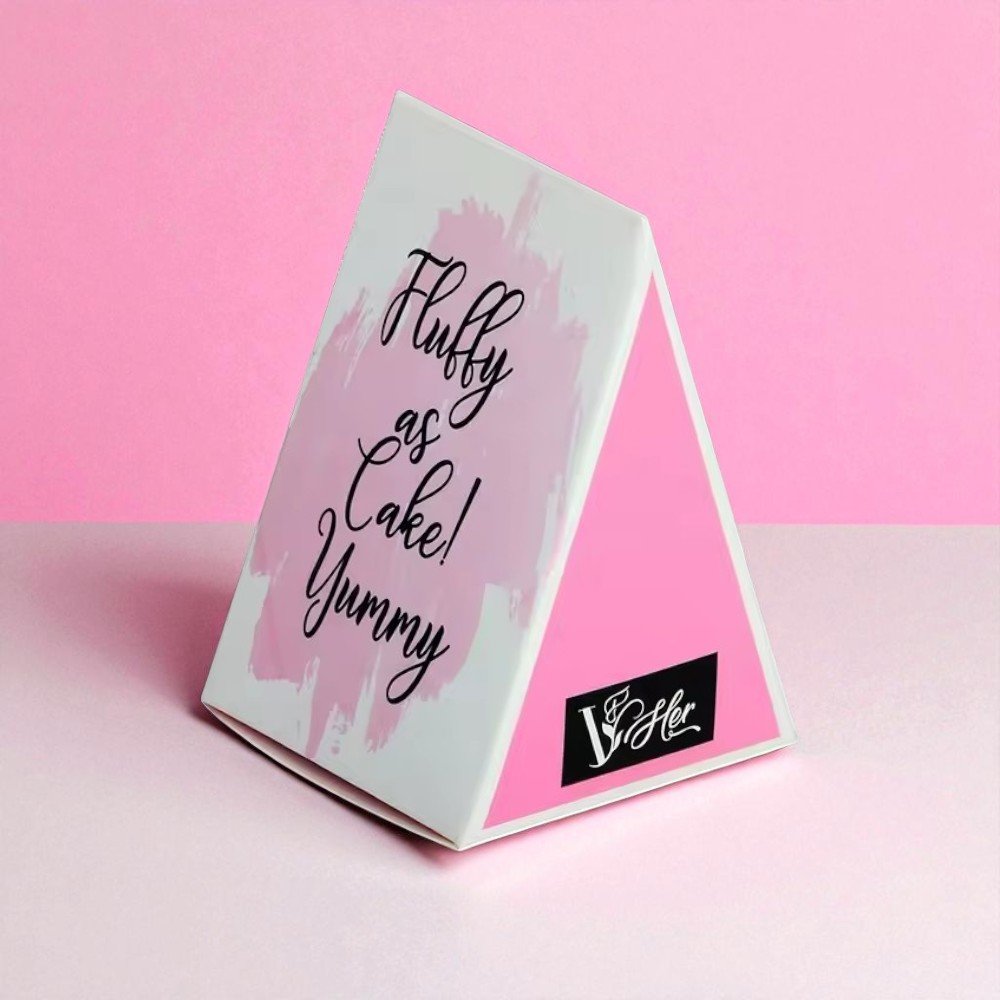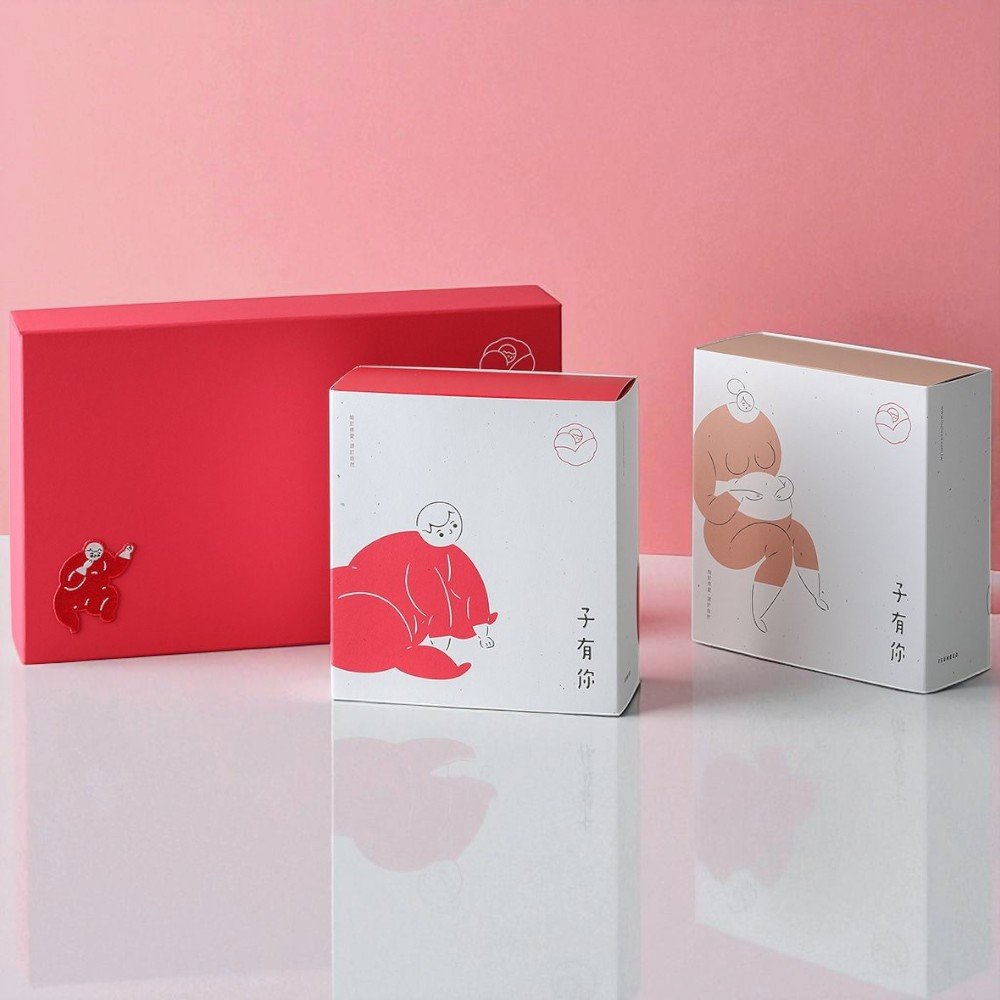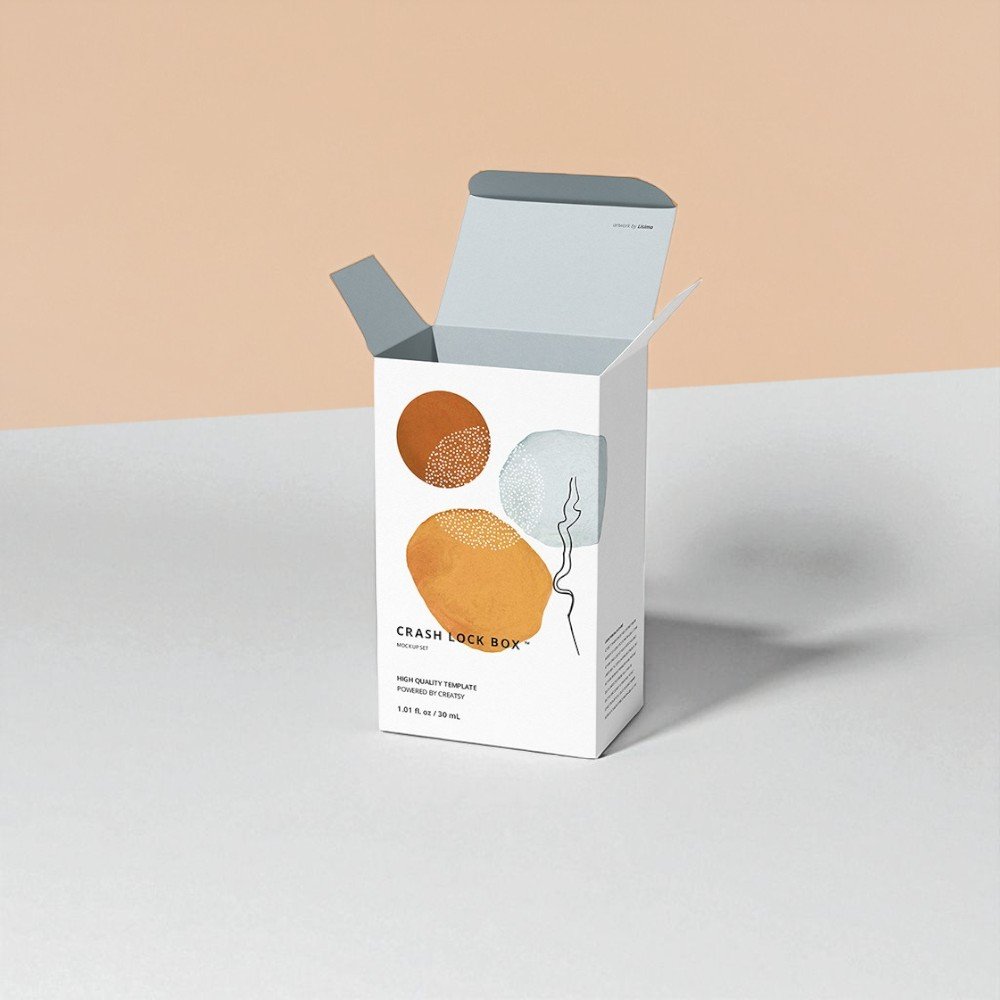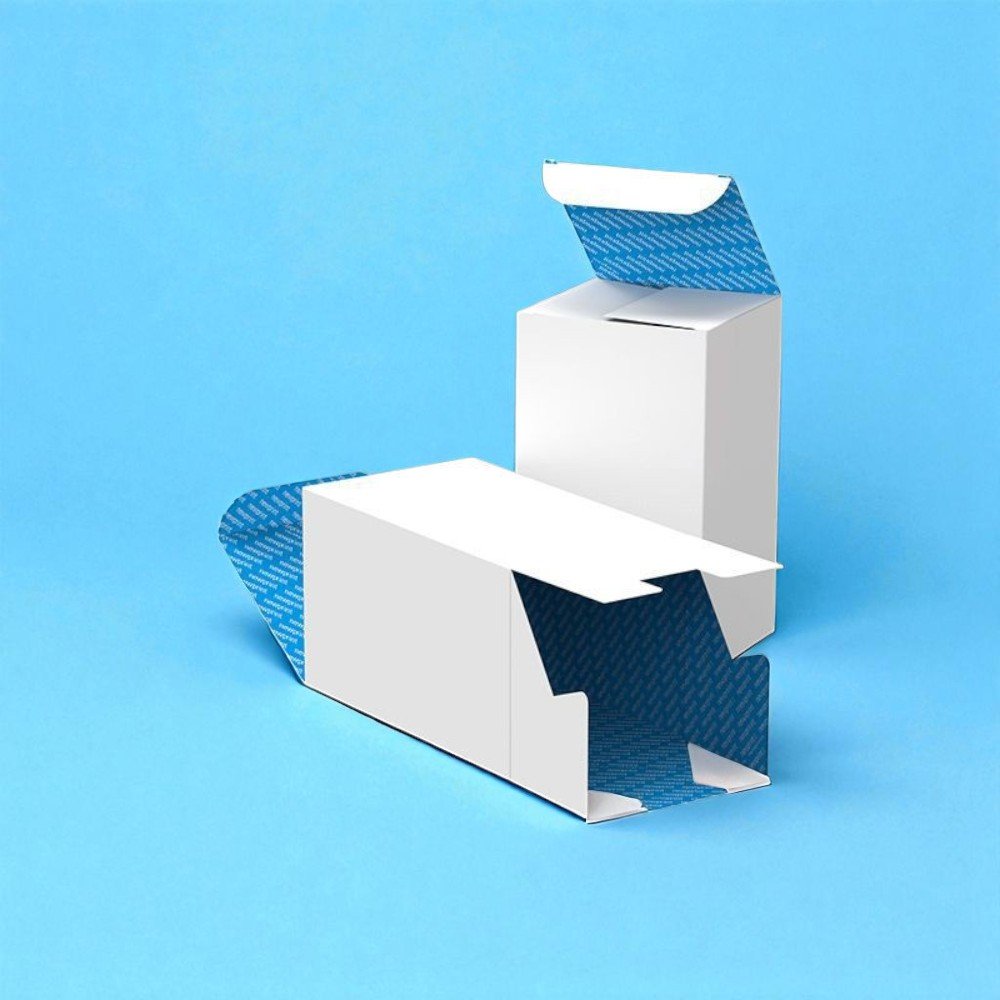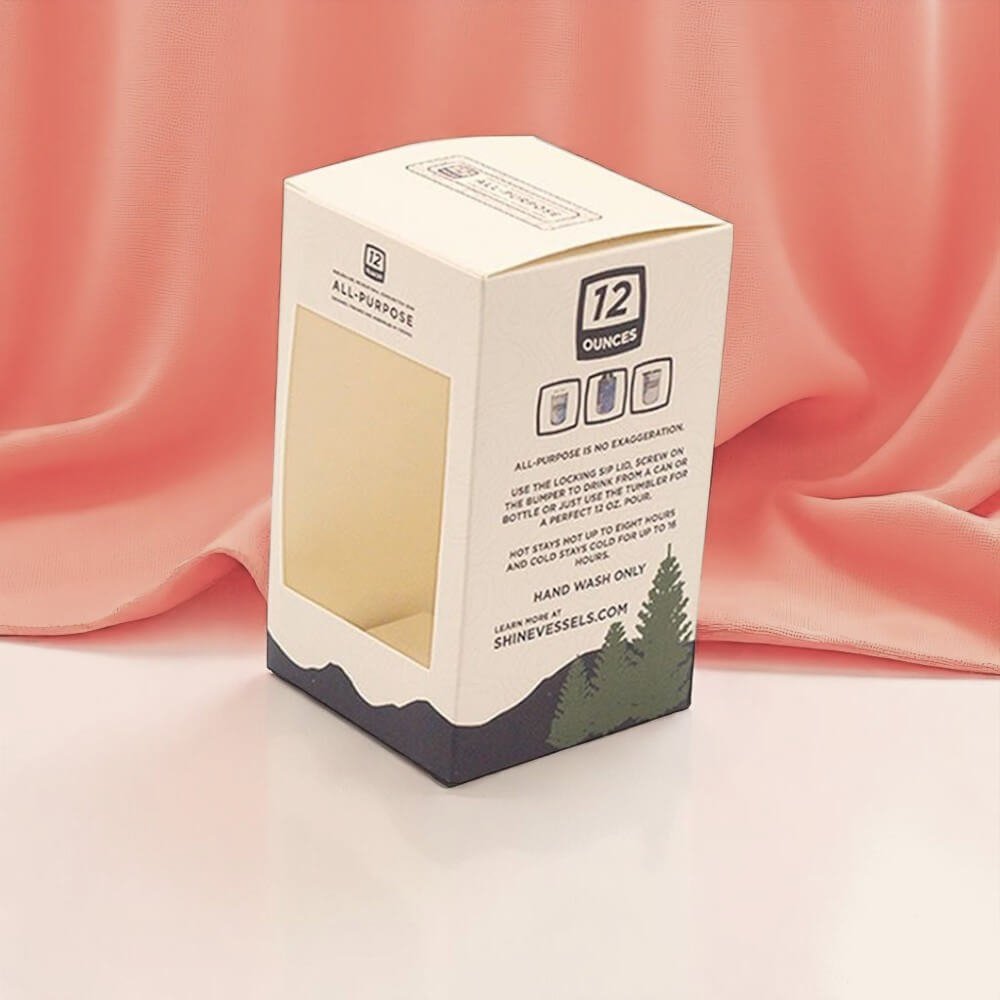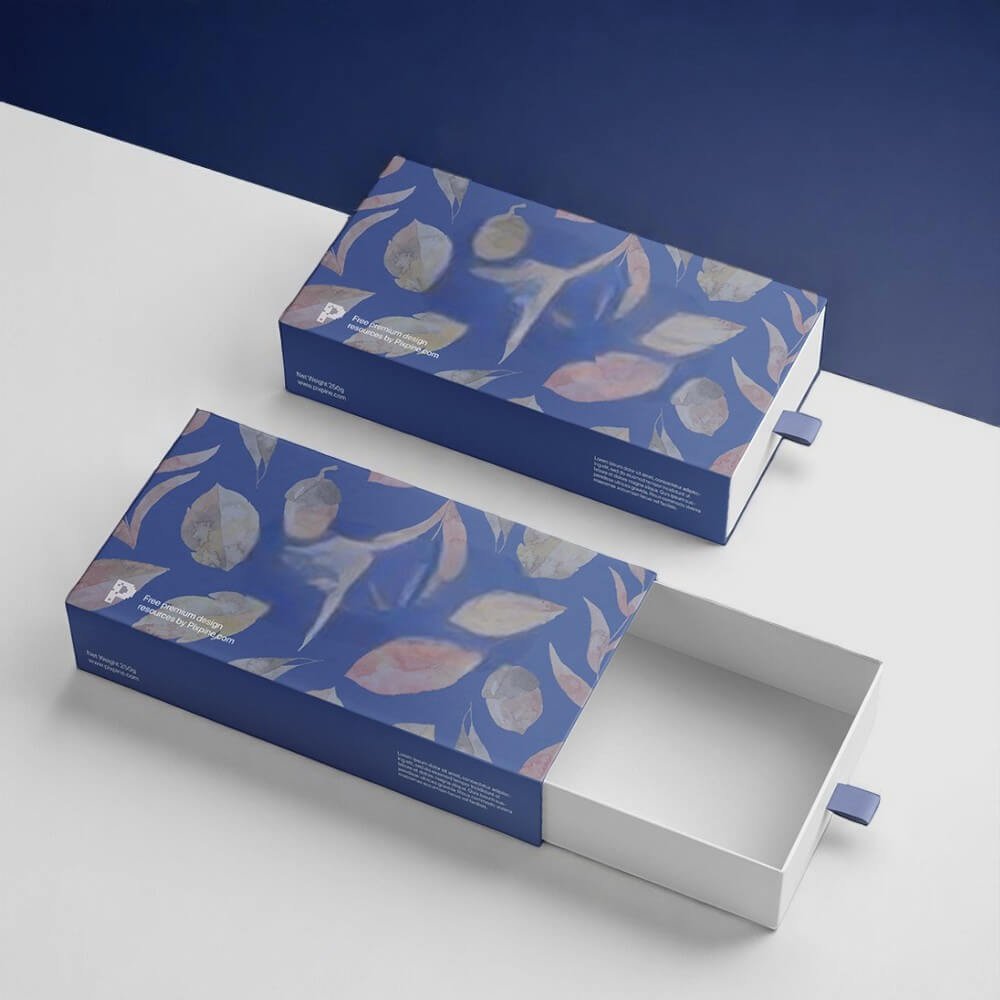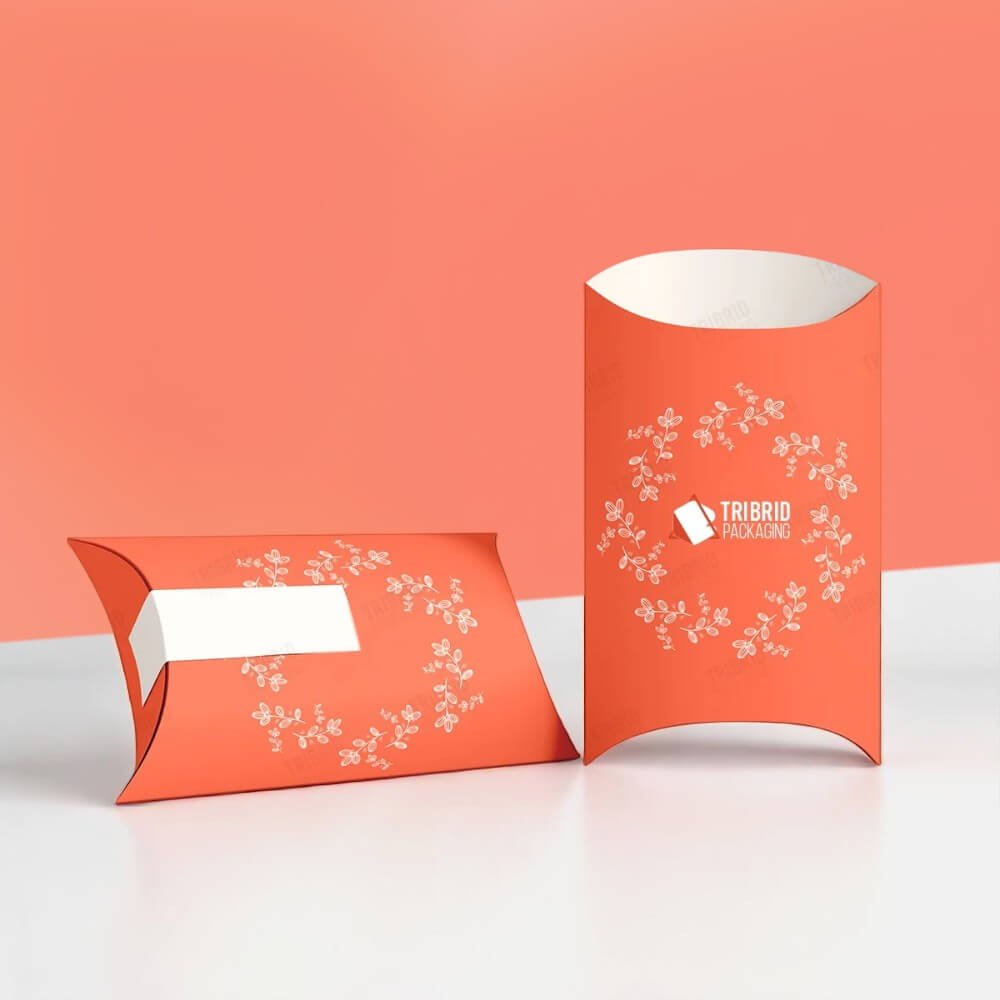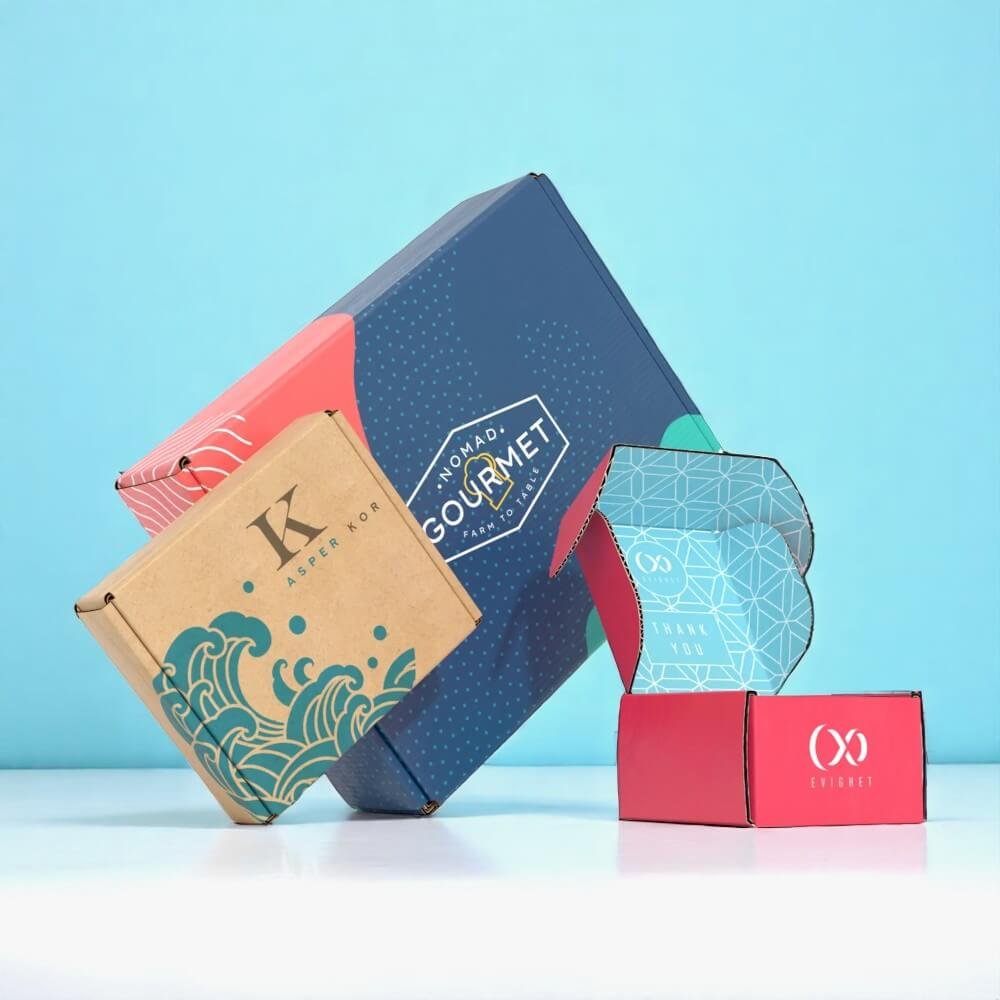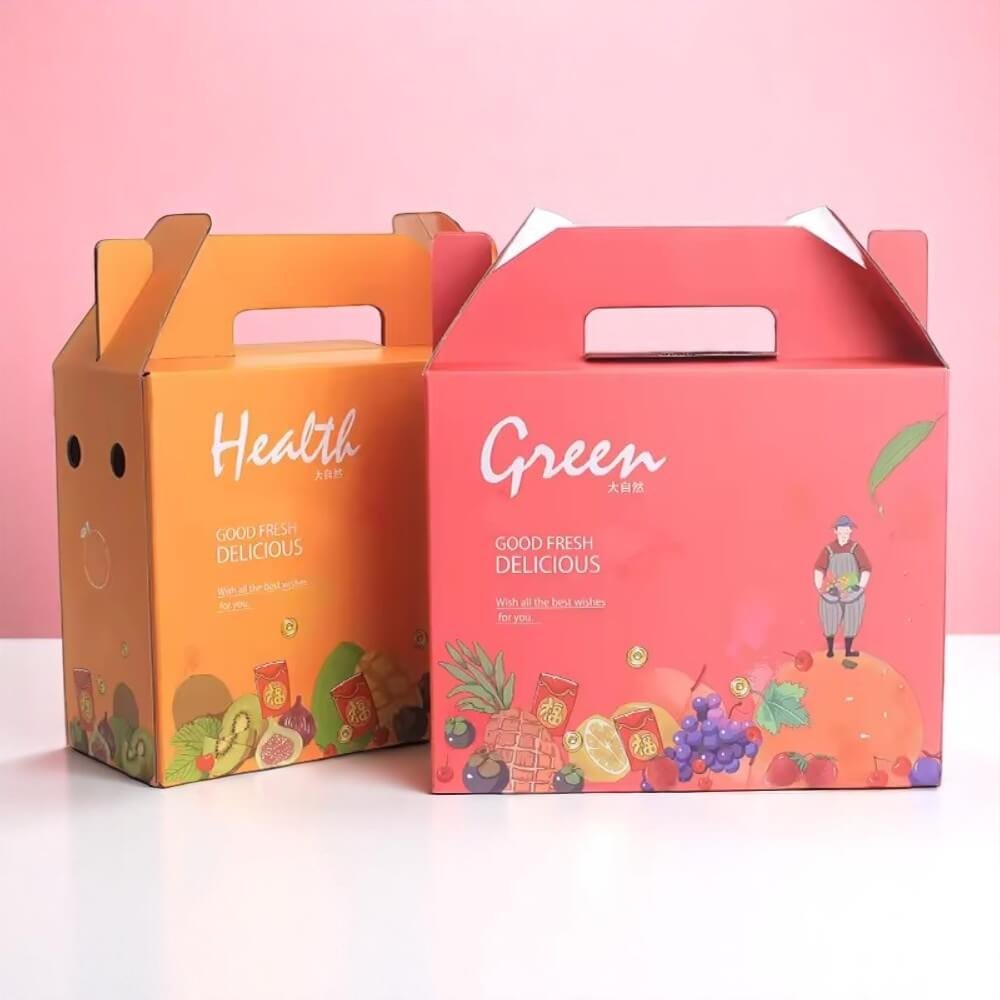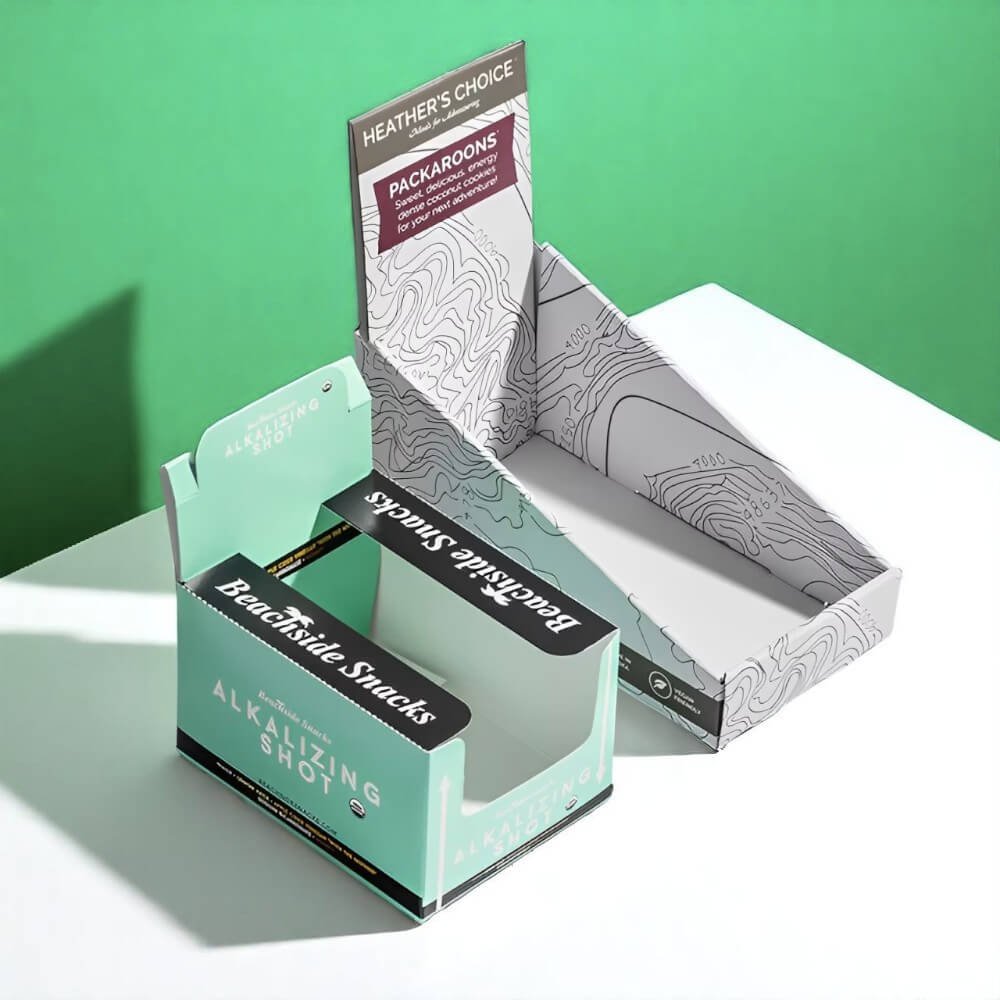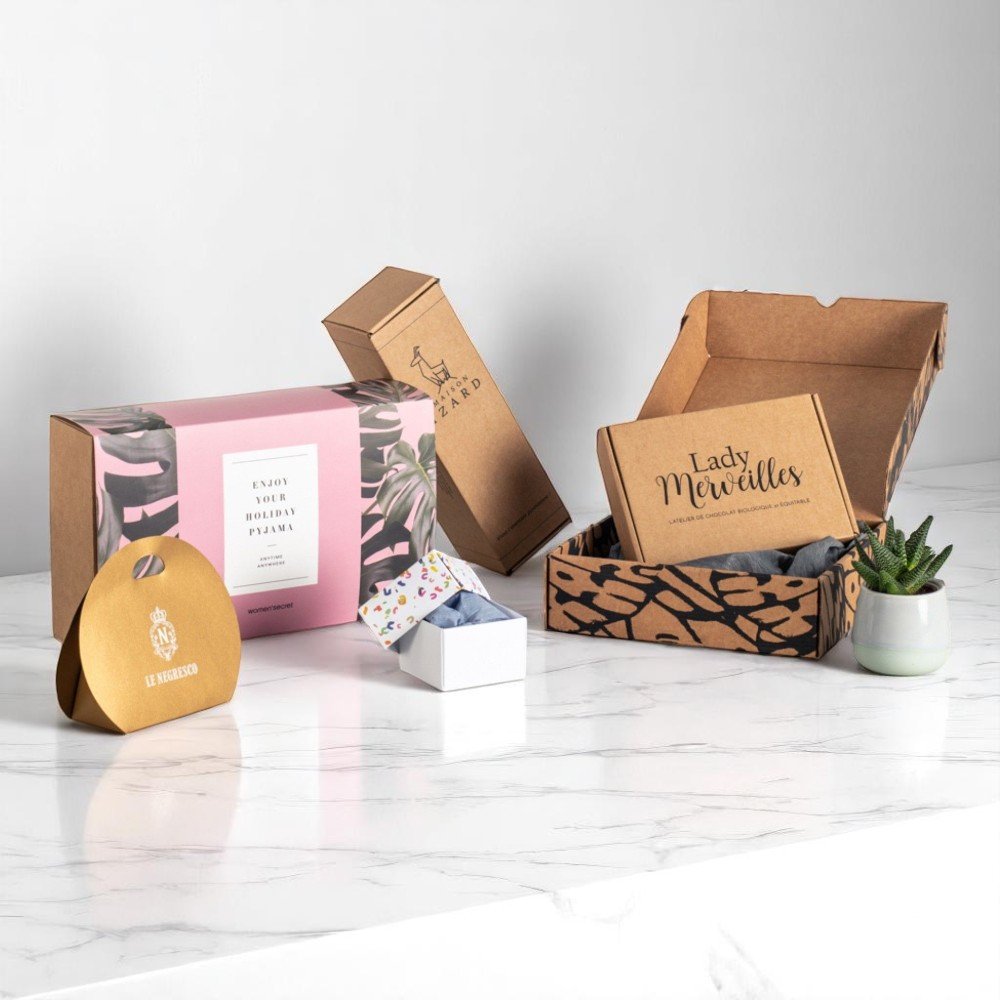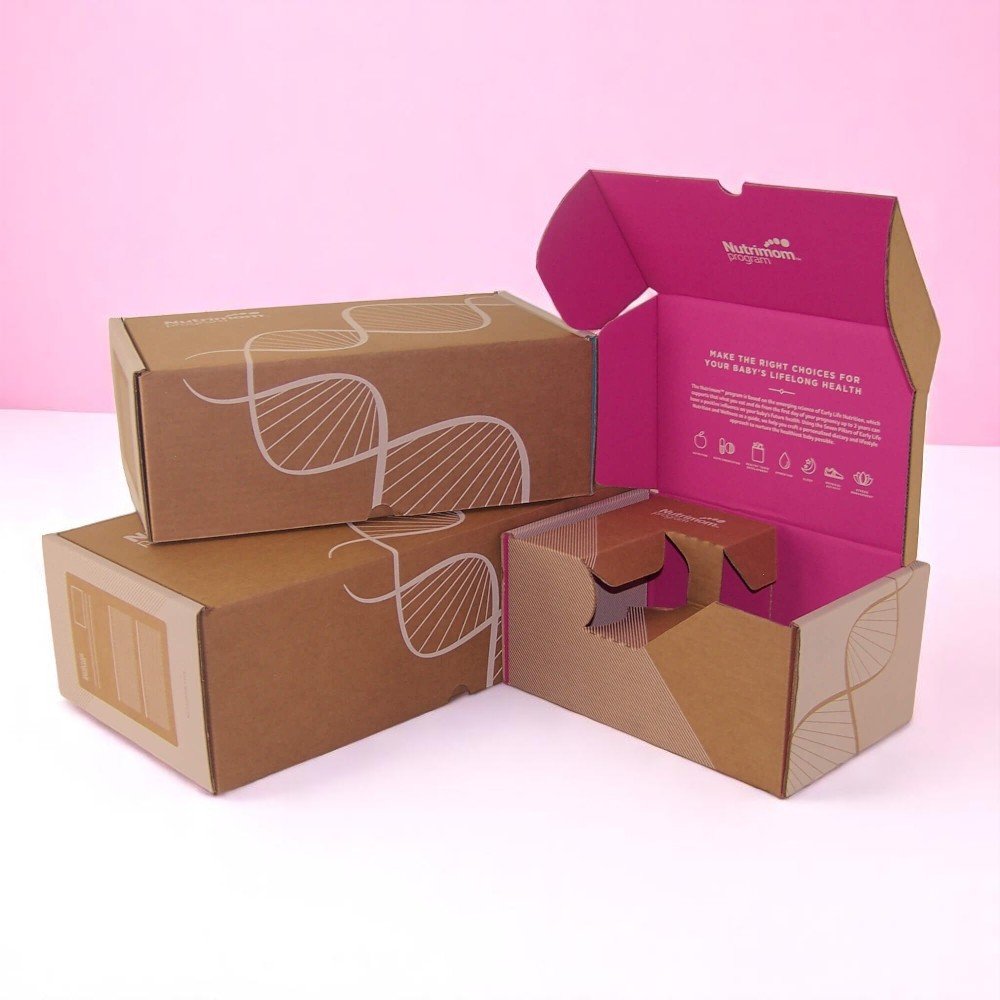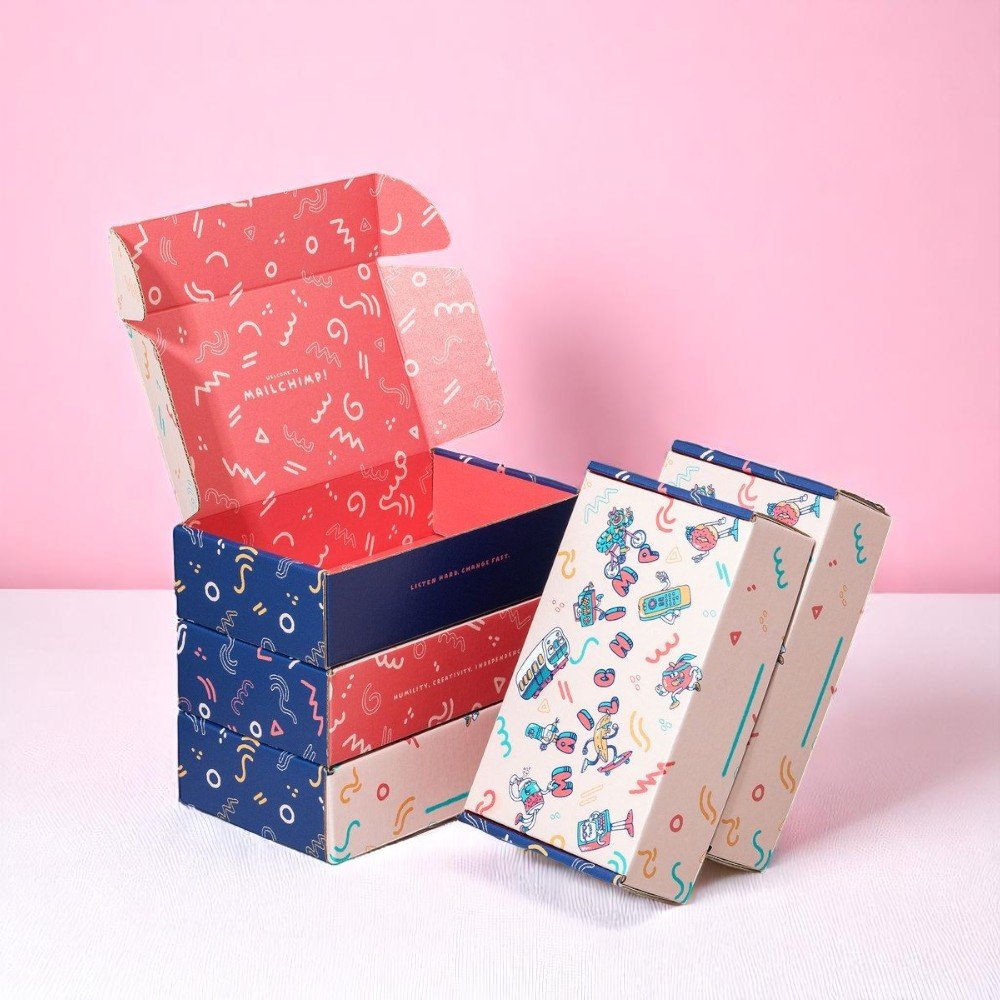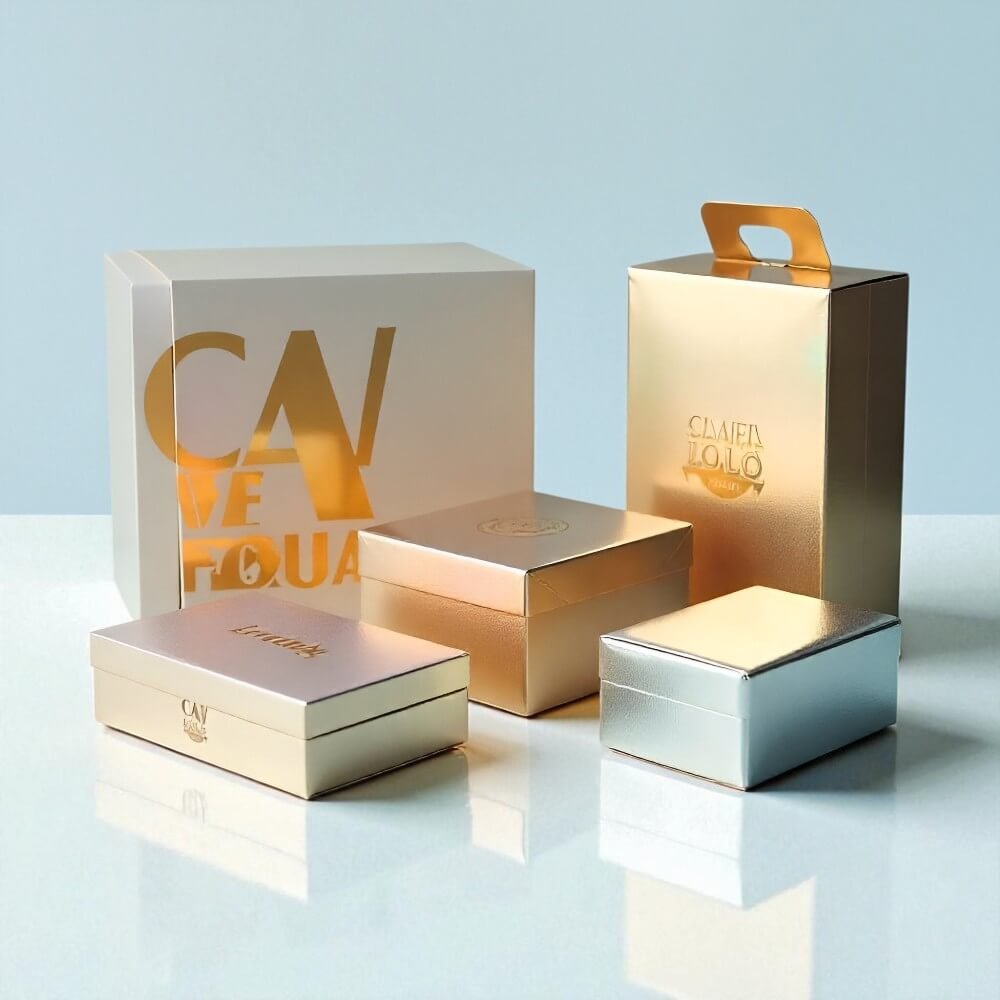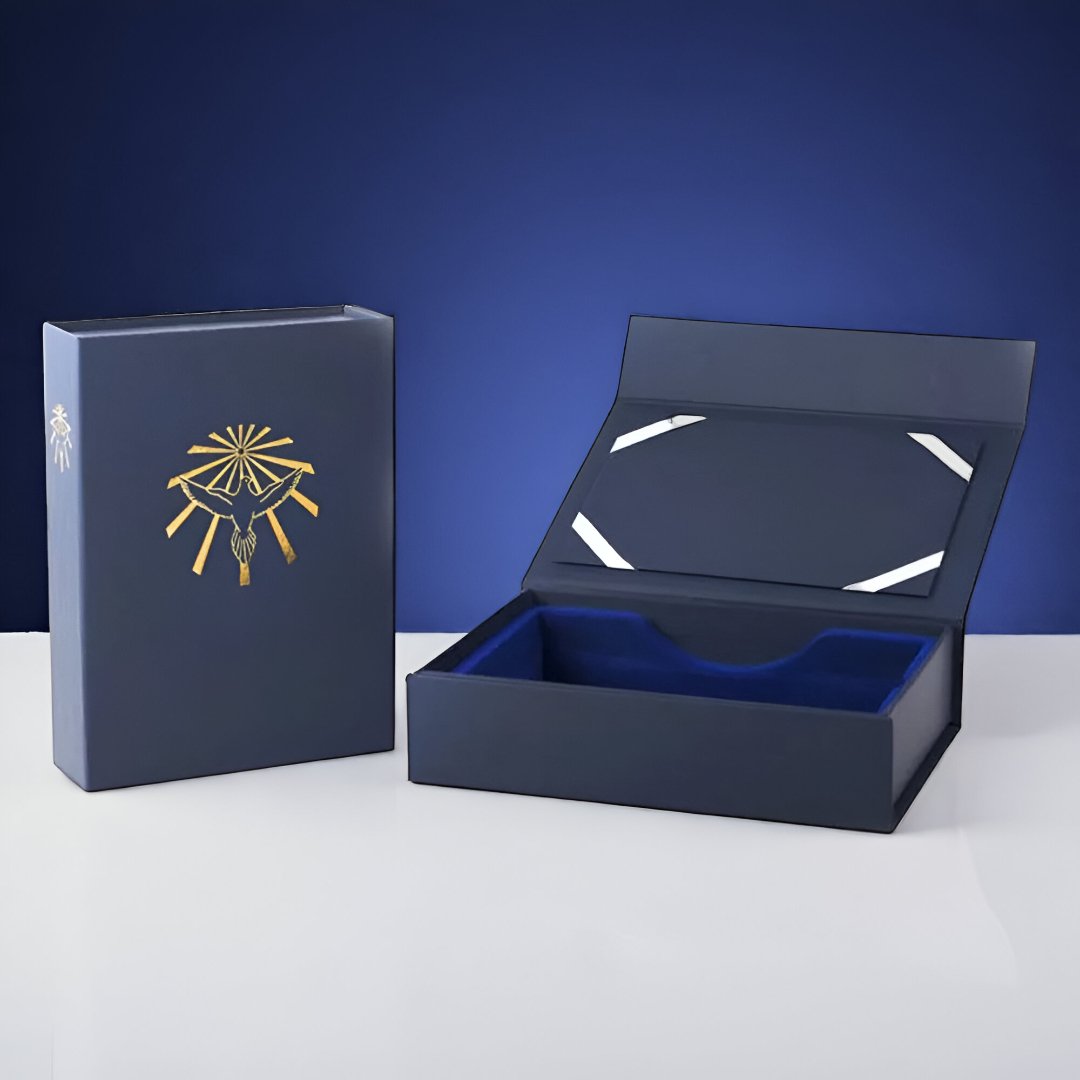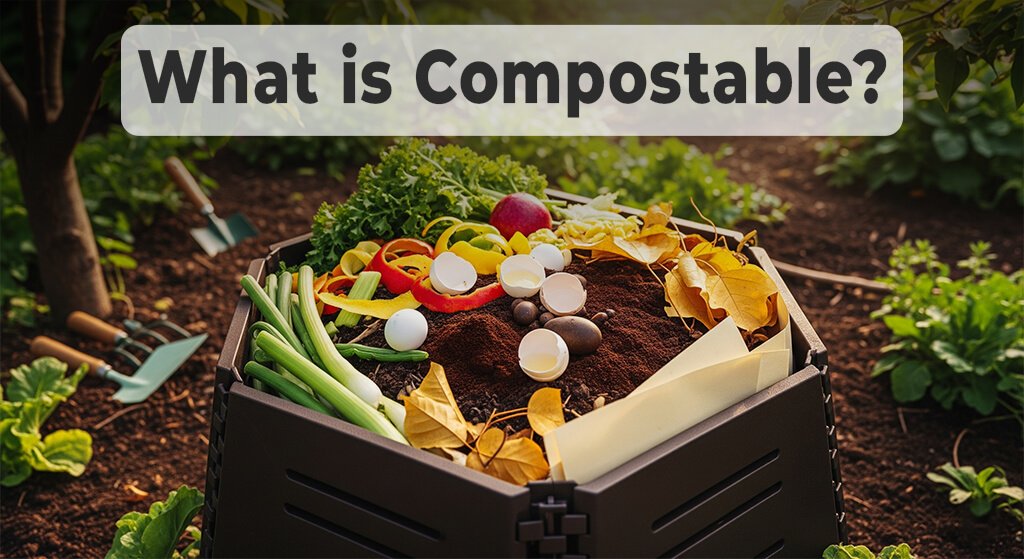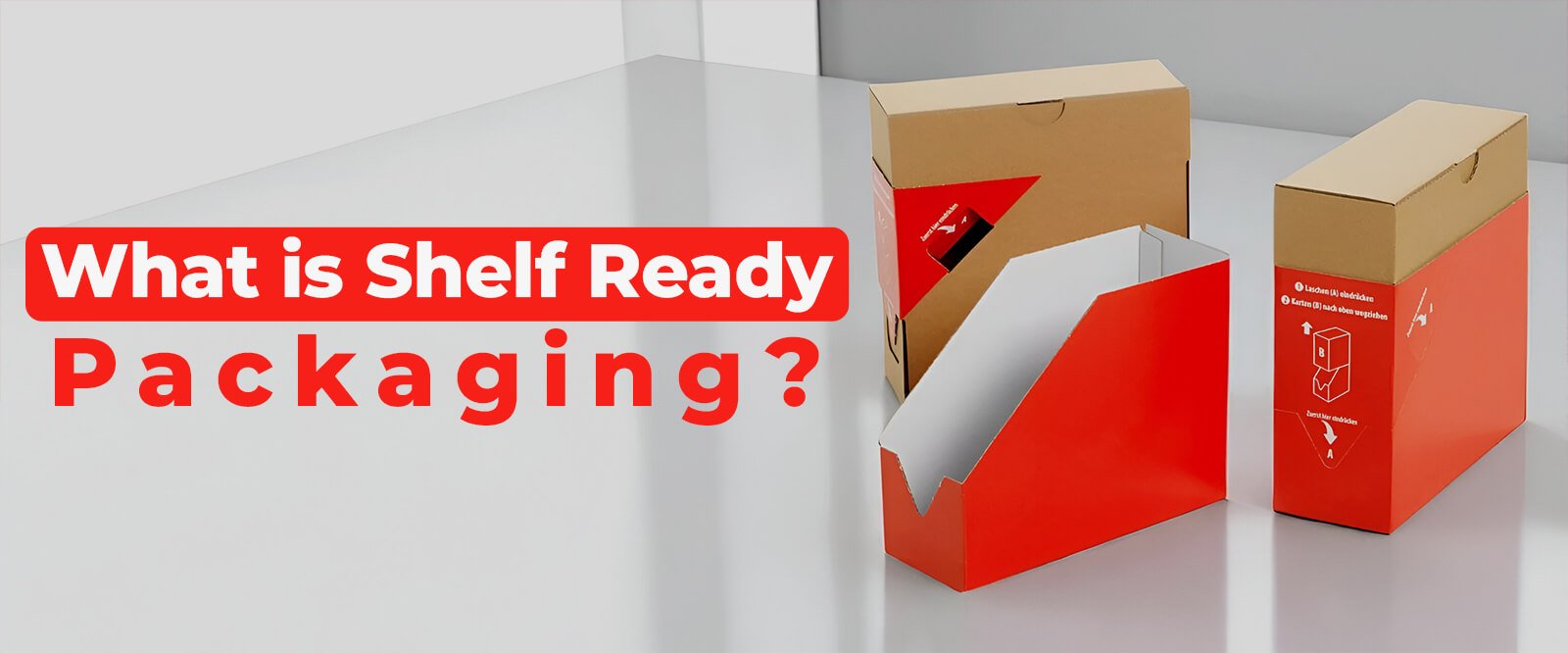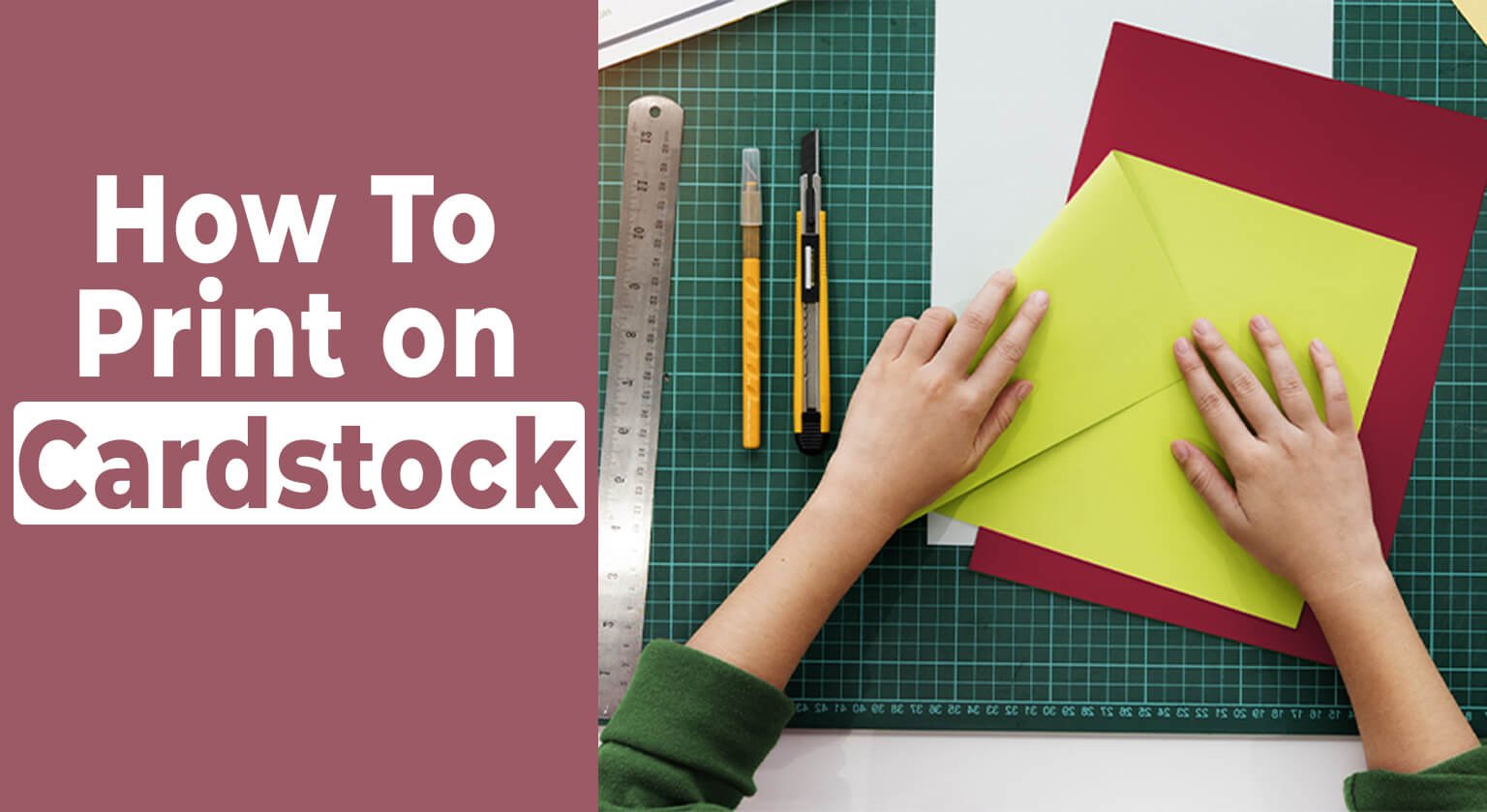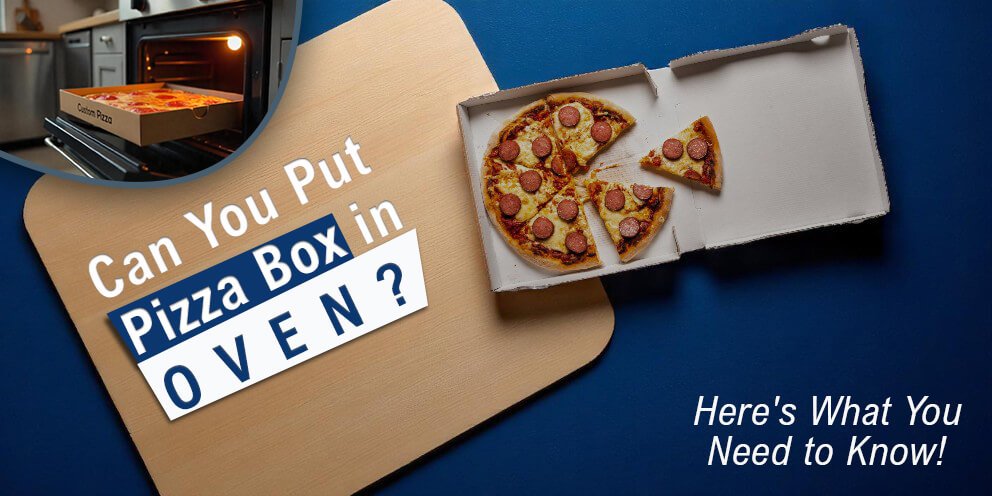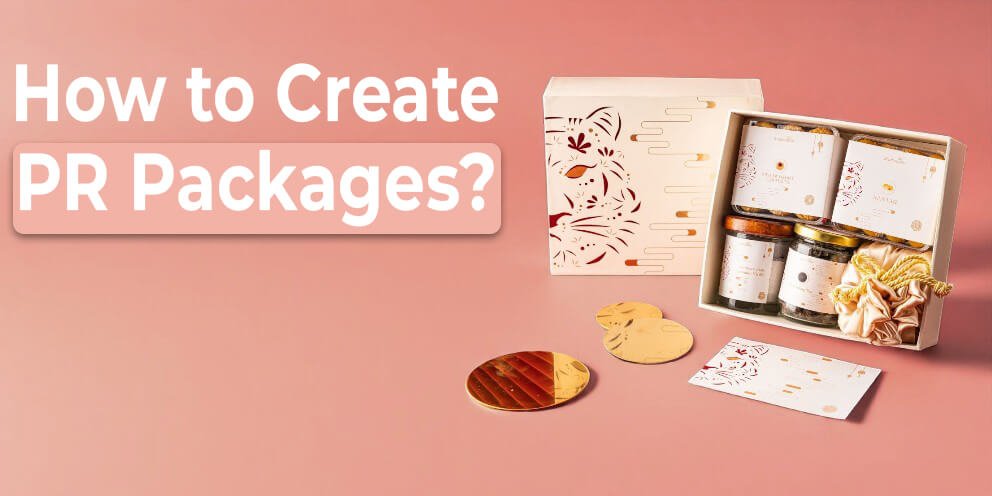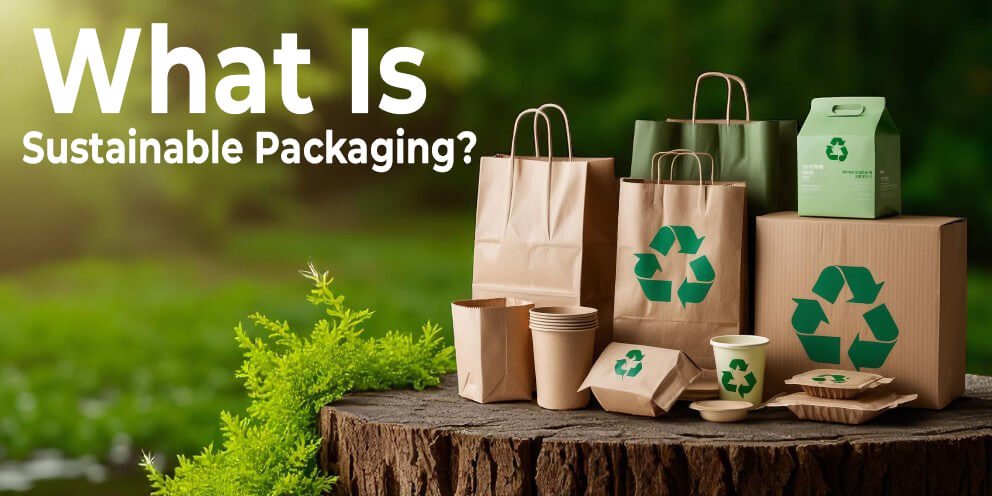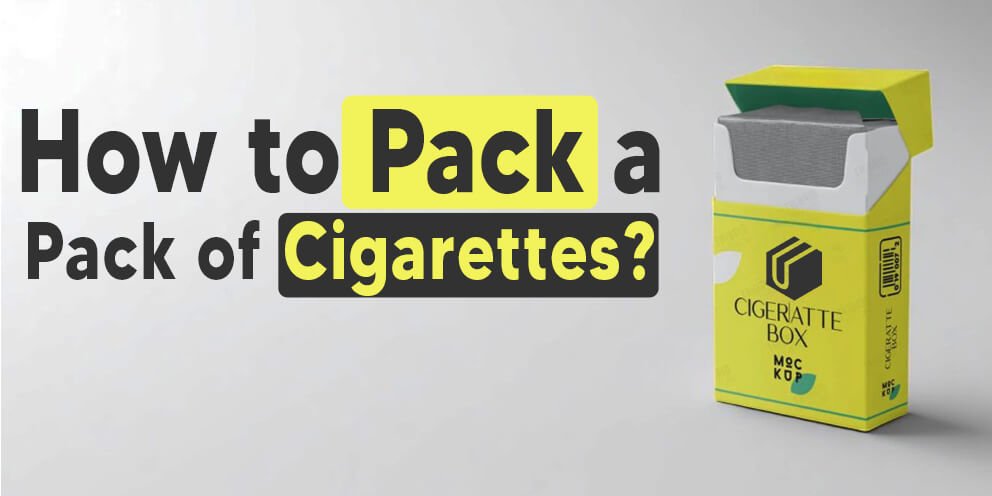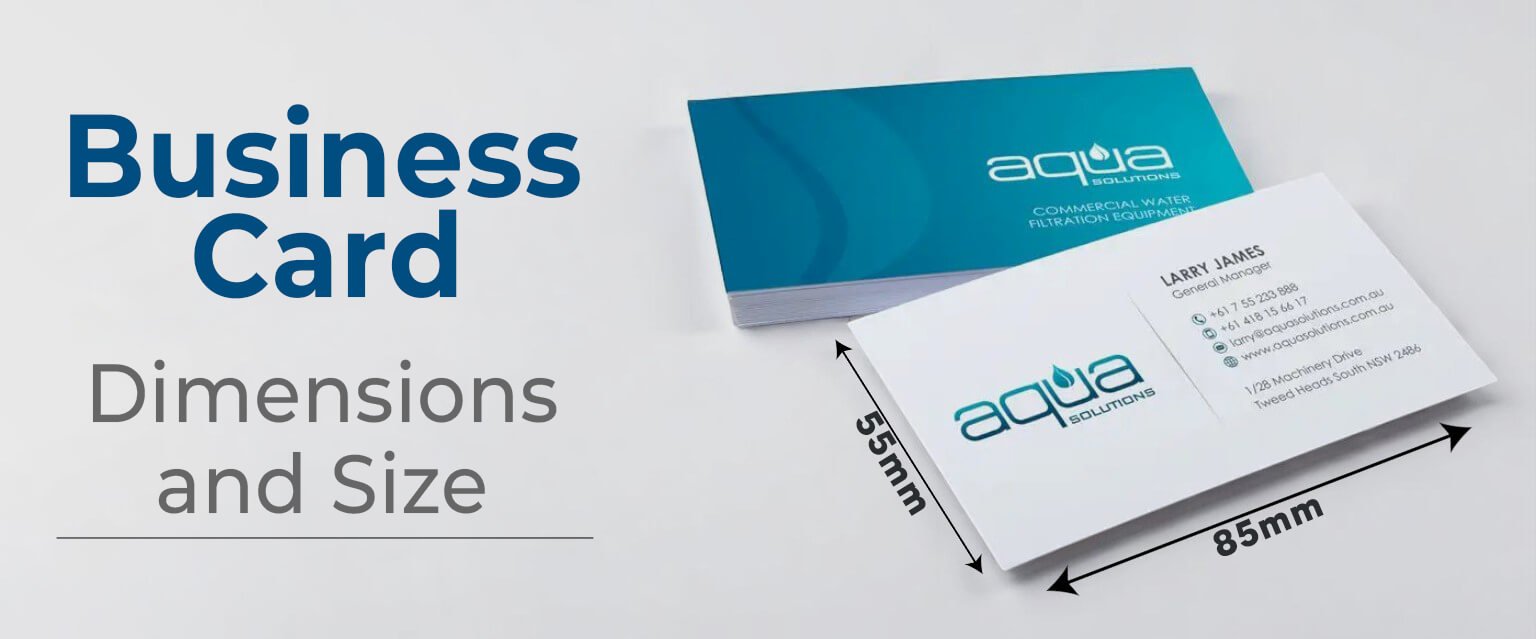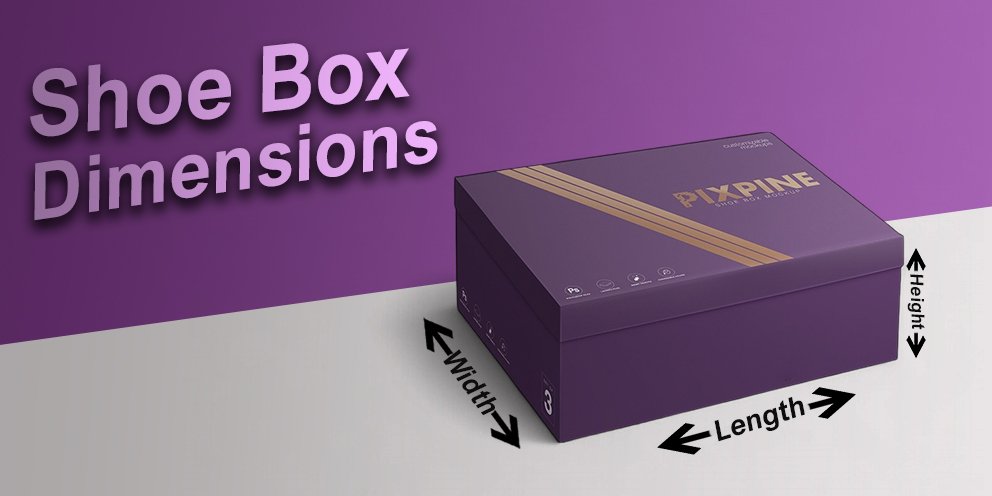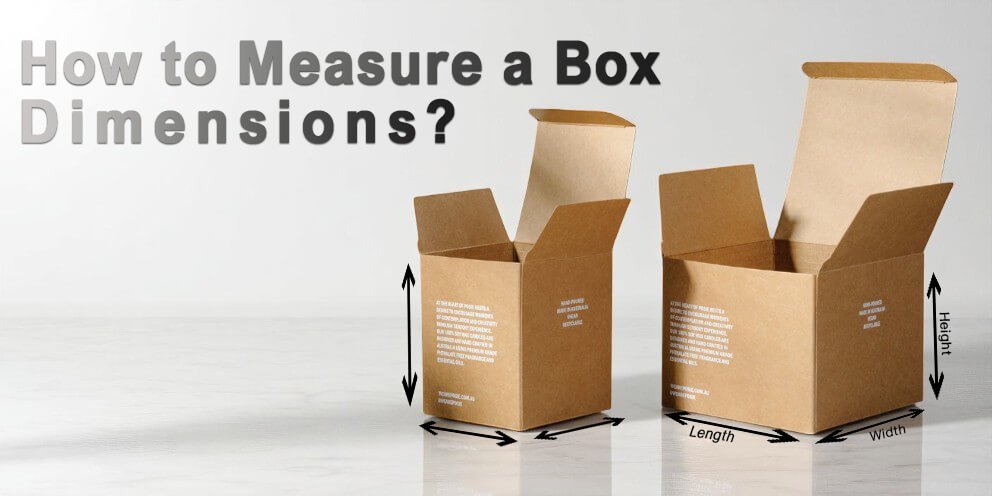Most of us waste our food straight into the trash without giving it a second thought. Like we don’t have concern with the leftovers, such as the peel, and more. But do you know these are all organic materials and can be decomposed? And this decomposition will help you to enrich the soil and plant growth. It may sound a little bit odd to you. But the thing is that’s exactly what composting does.
In this article, let’s learn a little more in-depth detail about composting.
What Does Compostable Mean? Definition of Compost

In more simpler terms, the composting method is a natural process where organic material, anything that comes from plants or animals, breaks down into a rich, soil-like substance. This substance is called compost. Most of us know this by the term black gold.
Endless Benefits of Composting You Should Know Before Proceeding

Let’s take a closer look at why composting is not just eco-friendly but kind of amazing:
It’s a Free-of-Cost Fertilizer
We use compost soil for further plant growth, which is obtained after the process of composting. So, there’s no need for fertilizer full of chemicals. The soil itself provides essential nutrients to plants.
Improves Soil Health for Garden Growth
By this method, soil retains moisture, improves drainage, and supports beneficial bacteria and fungi.
Reduces Erosion and Runoff, That Is a Common Issue
Compost-rich soil holds onto water better and reduces the risk of erosion and water pollution from fertilizers.
Saves You Money and Time
You buy fewer garbage bags, avoid synthetic fertilizers, and may even reduce your water bills. Moreover, you can have options like compostable bags.
Cuts the Unnecessary Food Wastage
Foods that hold compostable ability include fruits, vegetables, coffee grounds, eggshells, bread, and grains. Composting is a way to save food waste. Because we all know that half of our world’s population is starving for food, so it’s a good way to show respect to one another.
Common Confusion in Biodegradable Vs. Compostable

You might be wondering about the difference between biodegradable and compostable. So here is the answer to your query. Compostable materials decompose into non-toxic, soil-enriching matter, whereas biodegradable materials can decompose naturally over time.
What Can You Compost? Food or Other Products

Composting isn’t a free-for-all. You cannot fill your trash can with everything. It’s a natural way to recycle food instead of throwing it away. Here’s a quick breakdown:

Good to Compost Products:
- Fruit and vegetable scraps
- Coffee grounds and filters
- Tea bags (non-plastic ones)
- Eggshells
- Yard clippings
- Dried leaves
- Paper towels and napkins (unbleached)
- Cardboard and paper (shredded)
- Bread and grains (in small amounts)
- Houseplant trimmings
There are many other products as well that are referred to as BPI compostable.
Avoid the Composting of products:
- Meat, bones, or fish
- Dairy products
- Oily foods
- Plastics or synthetic materials
- Pet waste (unless in specialized systems)
- Diseased plants or invasive weeds
These all products can attract pests, smell bad, or ruin the composting process.
Balancing the Composting Method is Necessary to Succeed

Some people may confuse the term “soilless compost” with composting. Soilless is not a part of composting. The actual elements are:
- Option of Green Composting that is Nitrogen-rich, such as Food scraps, coffee grounds, grass
- Option of Brown composting that is carbon-rich such as Dry leaves, paper, cardboard
Why is Composting Good for the Environment? Reasons You Should Care About
Every year, tons of food waste end up in landfills. There, it breaks down without air and releases methane, a gas much worse than carbon dioxide for the planet. This is changing the weather we see today. In the U.S., many cities and states are feeling the effects of climate change.
Composting helps avoid that:
- Reduces household waste
- Decreases landfill use
- Cuts methane emissions
- Creates free, natural fertilizer
- Builds healthier soil
- Encourages mindful living
There are many compostable bins that help you in this matter. A compost bin’s purpose is to aid in the natural decomposition of organic matter. There are some open bins, closed bins, and tumbler bins that help you in composting. These days, compostable packaging is also available, which helps reduce waste and provides an eco-friendly option. Many food packaging manufacturers are now recognizing the importance of this solution.
Types of Composting that Everyone Can Use
Here are many types of composting methods that are used worldwide. But here are some of the common ones:
Backyard and Home Composting
This is the most common method. Create a pile or use a bin in your yard. Mix greens and browns, turn occasionally, and wait a few months. It’s simple and great for people with outdoor space.
Vermicomposting or Worm Composting
These are perfect for indoor use. Red wigglers munch on your food scraps and produce rich “worm castings.” You’ll need a bin with bedding, worms, and patience. Great for schools and small apartments, too.
Bokashi Composting
A Japanese method that ferments food waste using bran infused with microbes. It’s odorless and works even with meat and dairy. Great for urban kitchens, but requires a two-stage system.
Aerobic Composting
This method uses air to break down food and garden waste. You turn the pile often so it gets enough oxygen. It works faster and smells less than other types.
Anaerobic Composting
This happens without air, usually in sealed bins or pits. It takes longer and can smell bad, but it’s low effort. Just dump your waste and let it sit.
Hot Composting
Hot composting involves the right mixing of greens, browns, and moisture to heat up the pile. This also leads to the hot-pile method. The heat kills off weeds and germs. It gives you finished compost fast if managed well.
Sheet Composting
You spread raw organic matter right onto your garden beds like a blanket. It breaks down slowly over time. It’s great for prepping soil for future planting.
Human Composting
Also known as natural organic reduction, it turns human remains into soil. It’s an eco-friendly burial alternative. The body breaks down plant material over weeks in a controlled setup.
Commercial, Industrial, or Municipal Composting
Some cities have green bin programs where they collect compostable material. They can process more types of waste (like compostable packaging and meat), thanks to industrial-scale facilities.
Spent Mushroom Compost (SMC) or Mushroom Composting Method
It involves the use of the leftover material of mushrooms that have been grown. It’s rich in organic matter and nutrients.
How to Start Composting at Home and in the Backyard? Easy Steps to Follow
You don’t need to be a gardener or live on a farm to start composting. Here’s a simple starter plan:
Choose Your Spot Anywhere
Pick a location for your bin or pile. If it’s outside, partial shade works best. If it’s indoors, consider a worm bin or electric composter.
Collect Compostables Carefully
Don’t forget to keep a small bin or container in your kitchen to collect leftovers or pieces. Empty it into your main compost bin regularly.
Layer and Mix it Well With Proper Repeat Procedures
You have to make sure to add browns first (shredded cardboard, dry leaves), then greens (food scraps). Repeat, mixing them well.
Maintain It for A While
Turn or mix every 1–2 weeks. Don’t let it get too wet. If it begins to smell, add more browns.
Harvest and Use It Anytime
Your compost will become crumbly, dark, and smell like fresh earth in two to four months, or longer. It is then prepared for use.
Is My Compost Ready? How to Check if the Compost Is Perfect for Use
Here’s how to check:
- Color Check (by eye): Dark brown or black
- Texture Feel (by hand): Crumbly and loose
- Smell it for a better Decision: Earthy and pleasant (not rotten or sour)
- Leftovers Should be demolished: No visible food or leaves left
It may require a little more time or a good mix if chunks are still visible.
Last Words to Wrap Up
Composting is a new modern method to decompose organic matter in a good way that is beneficial for all. If you care even a little bit about reducing waste, saving money, or helping the planet, composting is 100% worth it.
Recent Blogs
From food and beauty to fashion, electronics, and more, our custom packaging boxes are designed to fit your products, reflect your brand, and stand out on the shelf. You tell us what you need and we will handle the rest. We offer a wide variety of packaging styles to suit every product, brand and occasion.
 USA
USA
 UK
UK
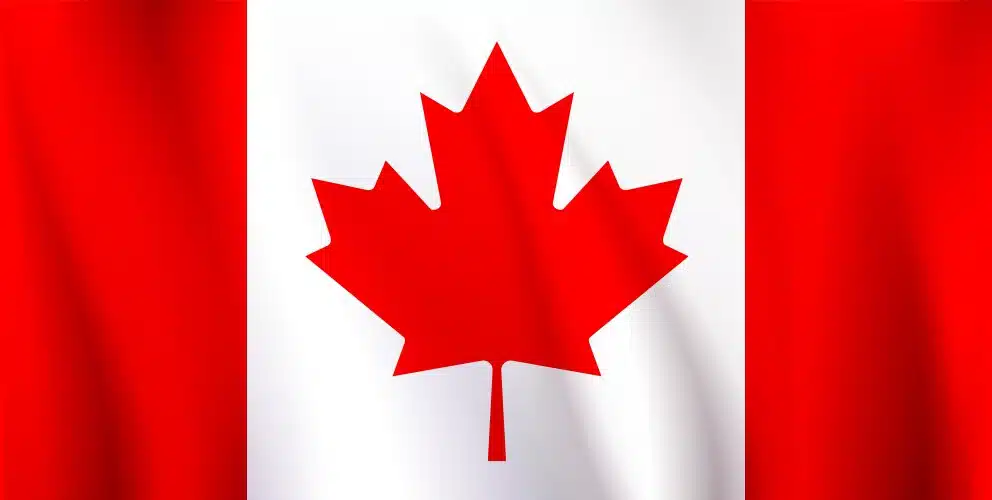 CA
CA

